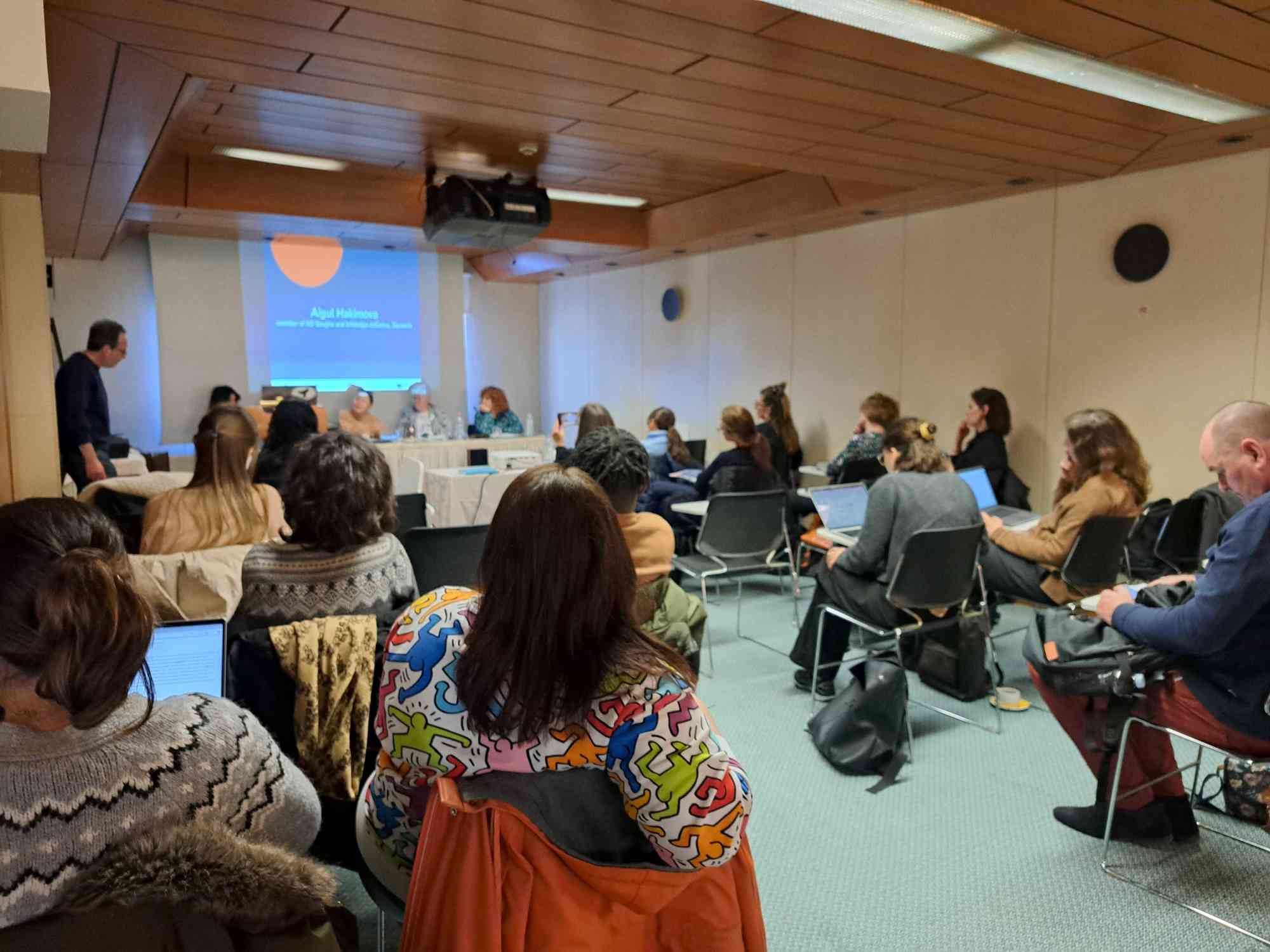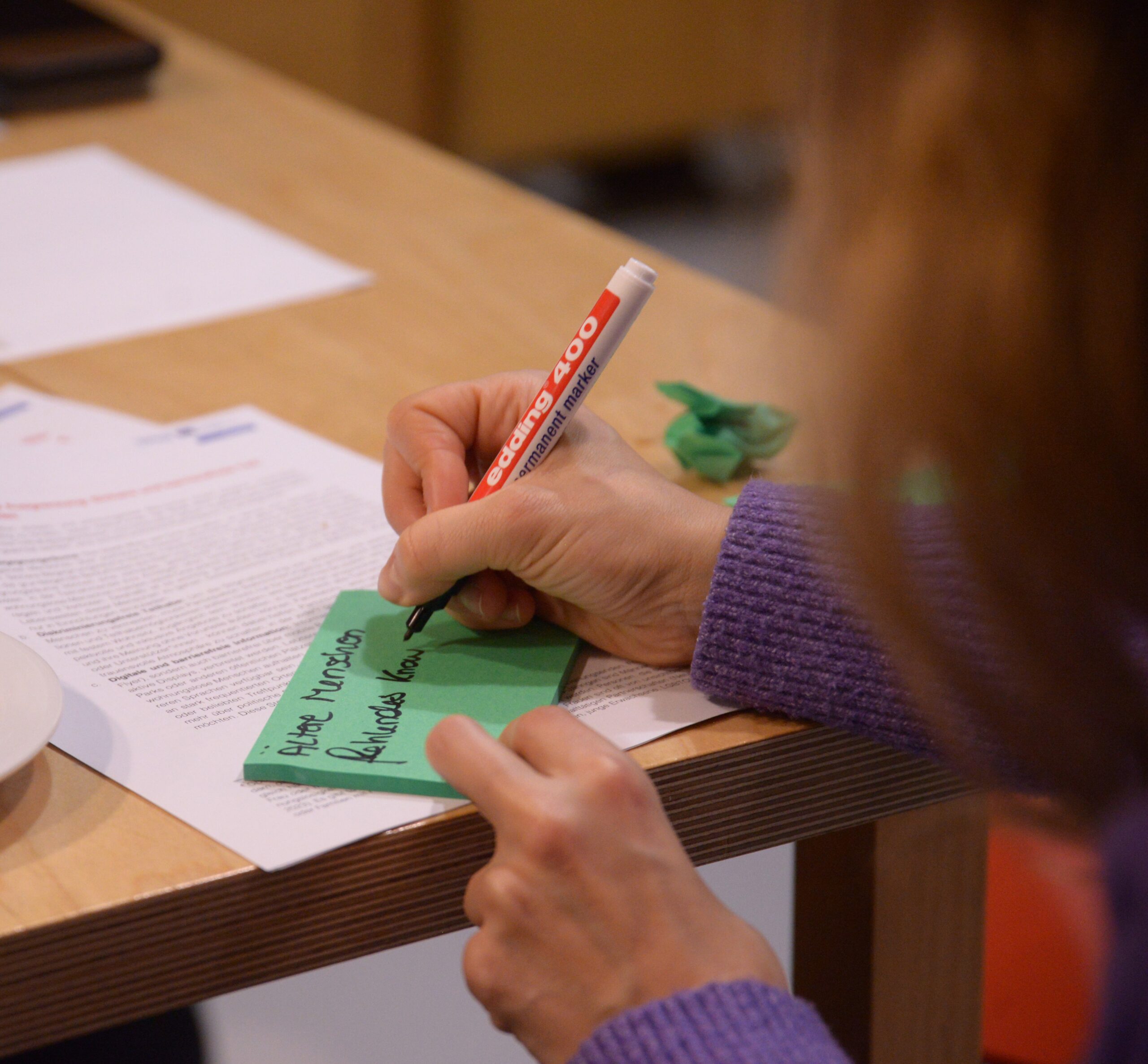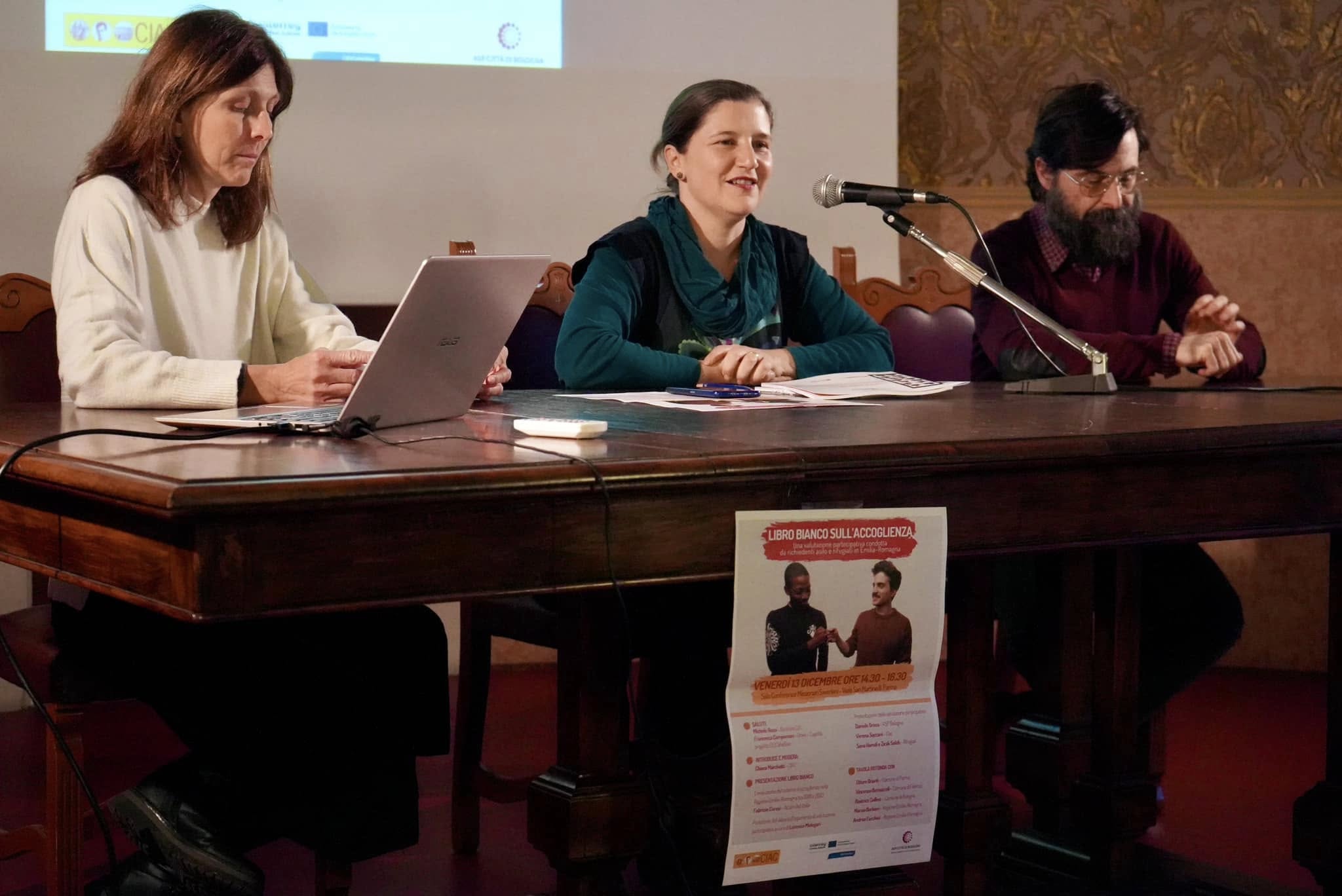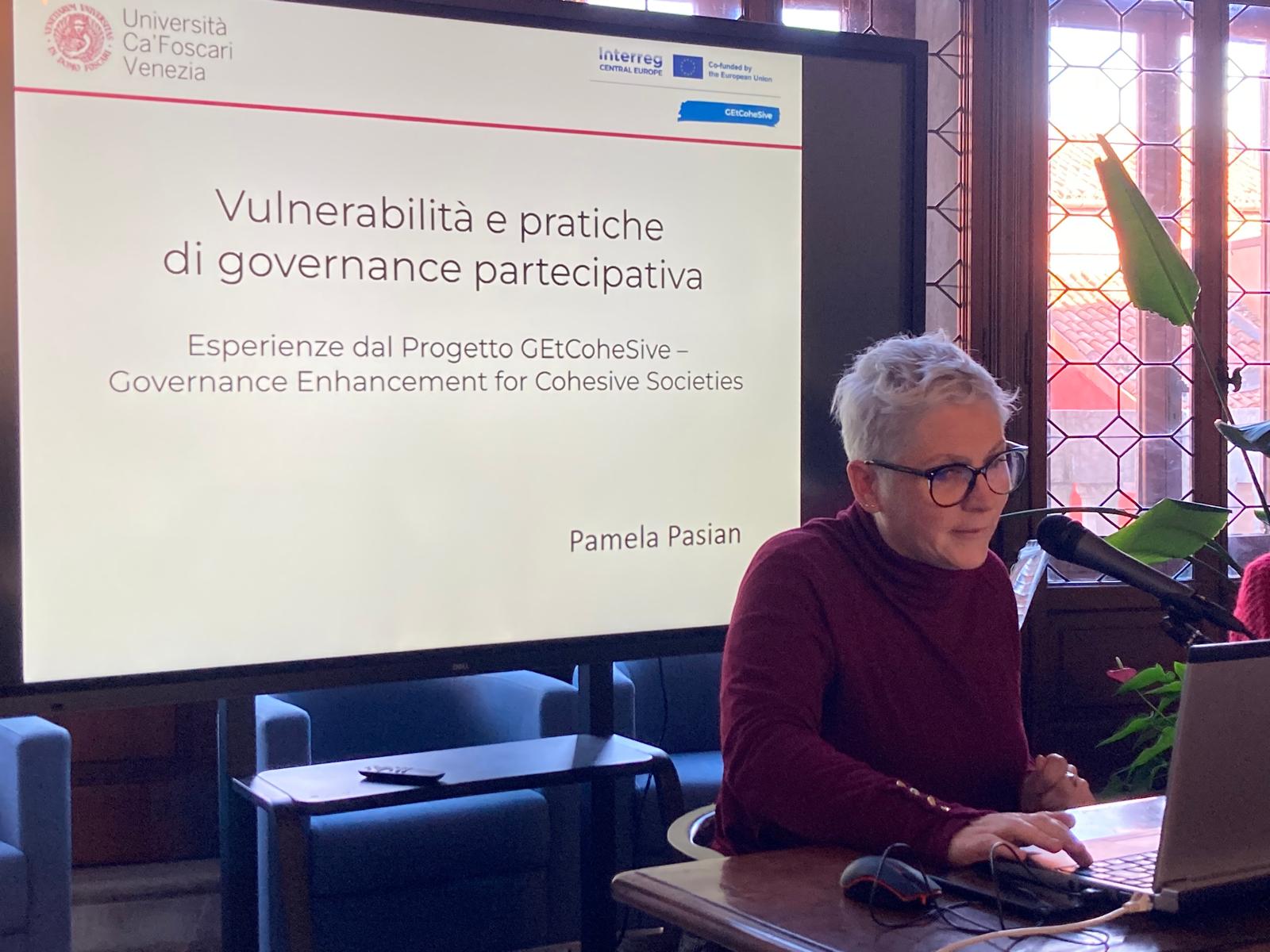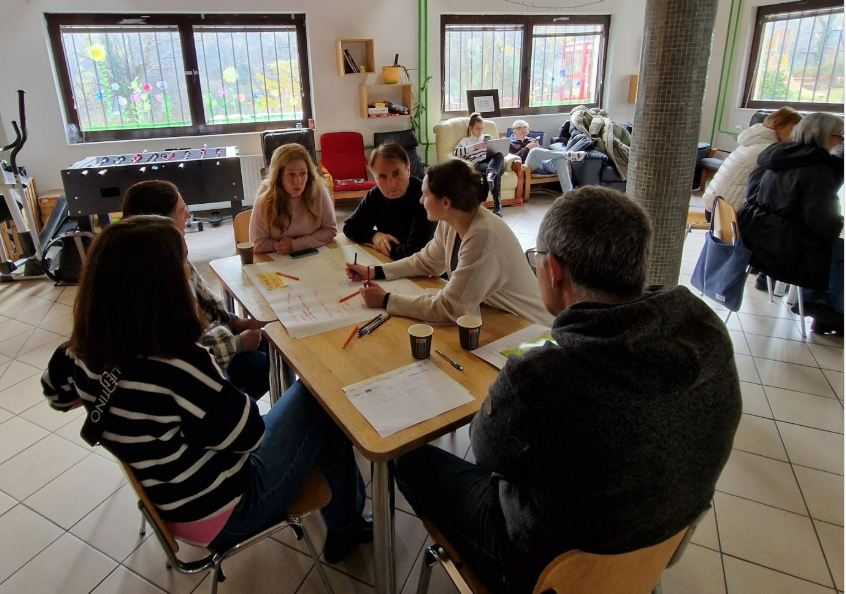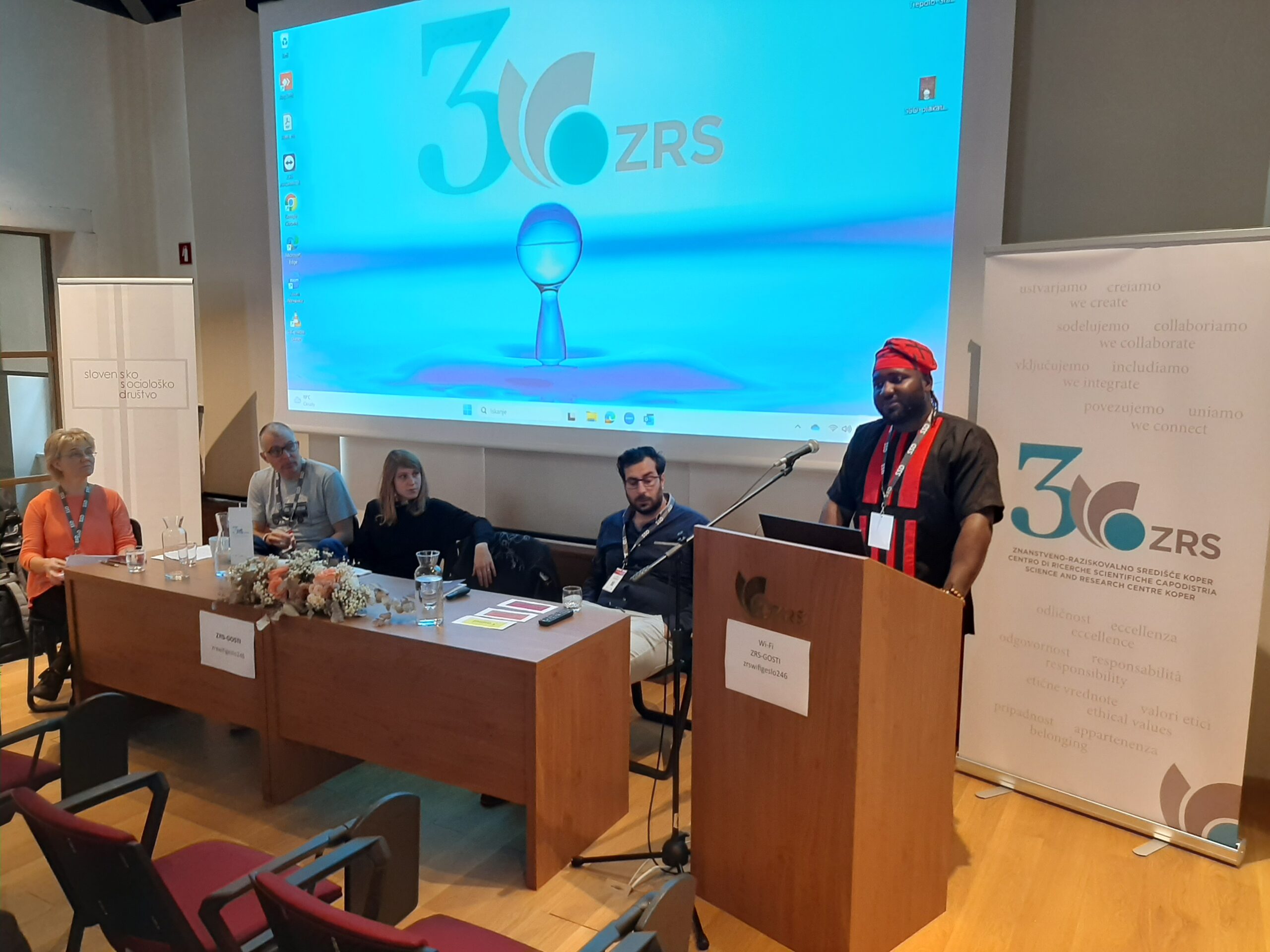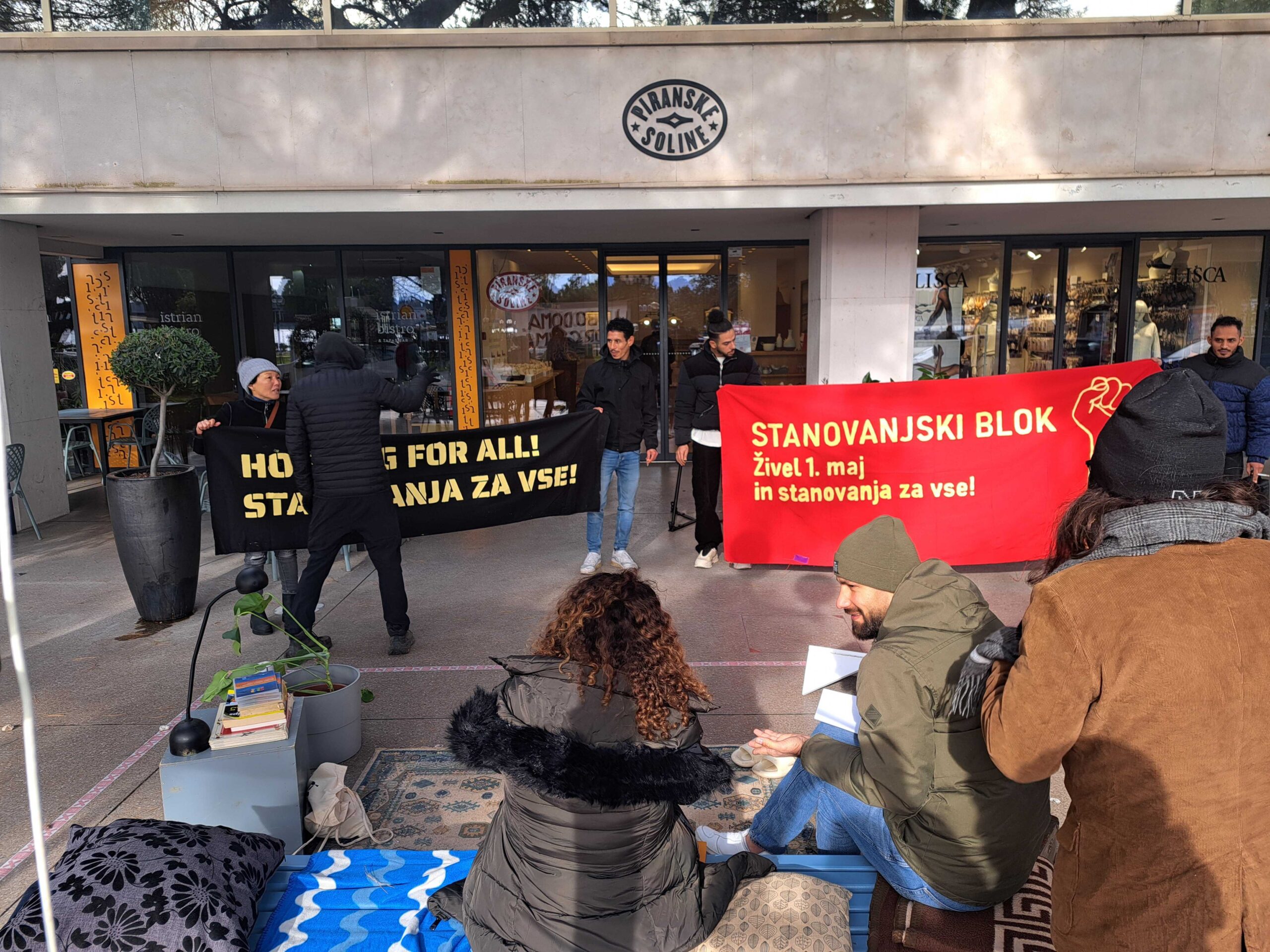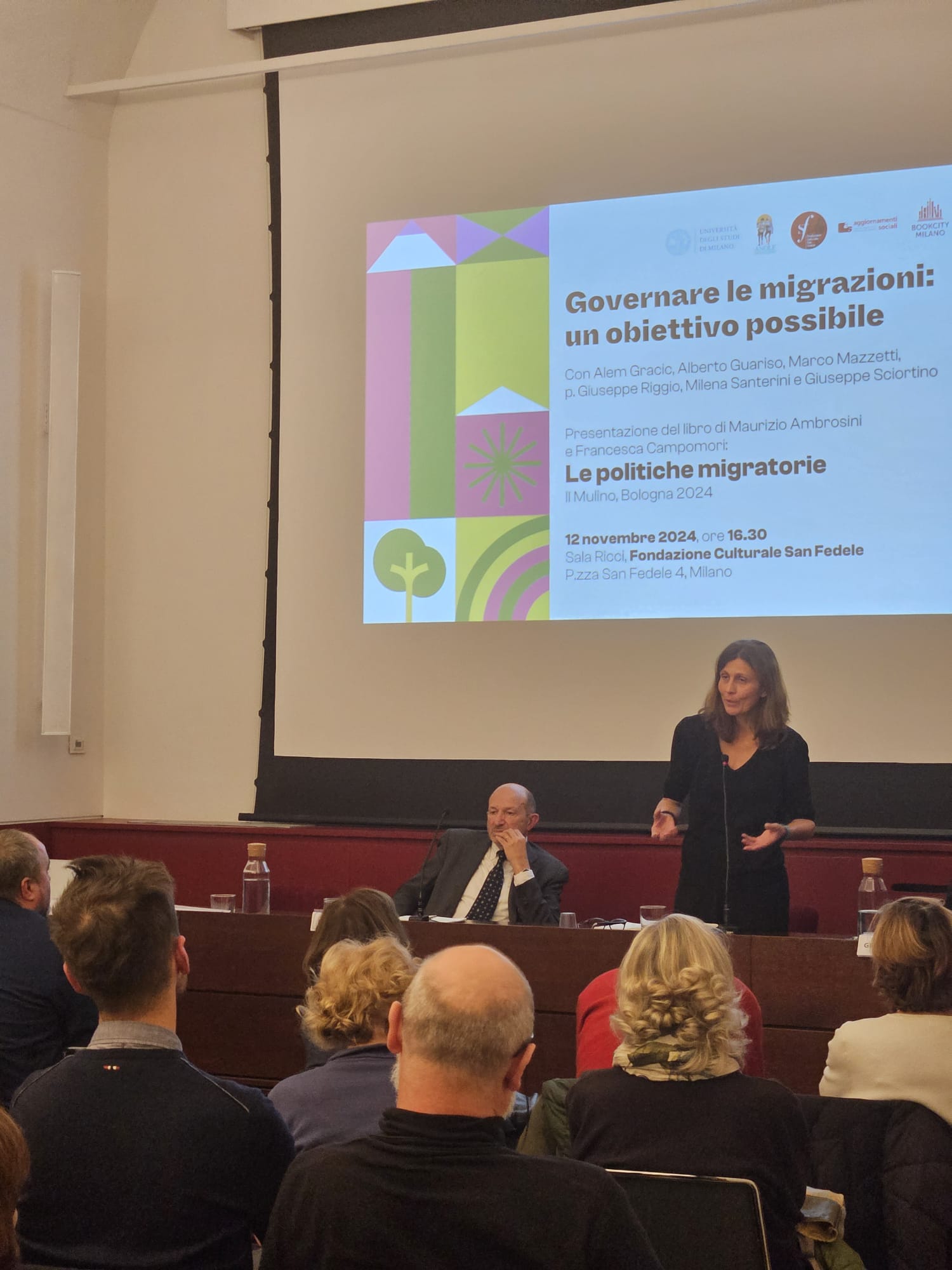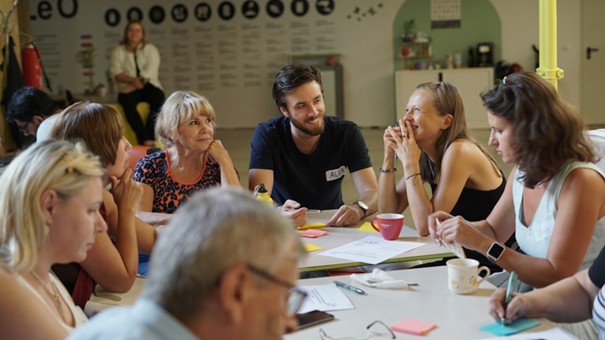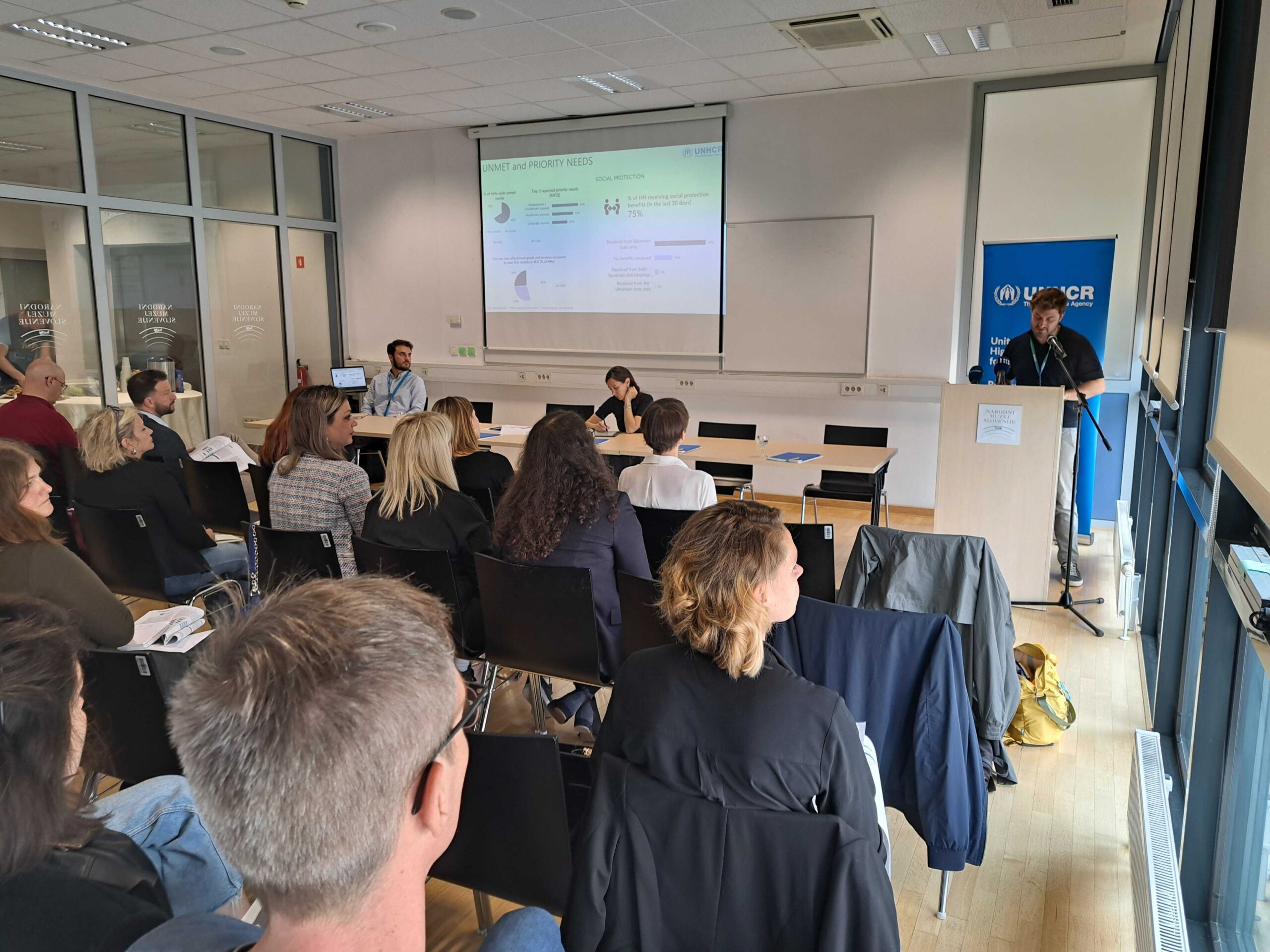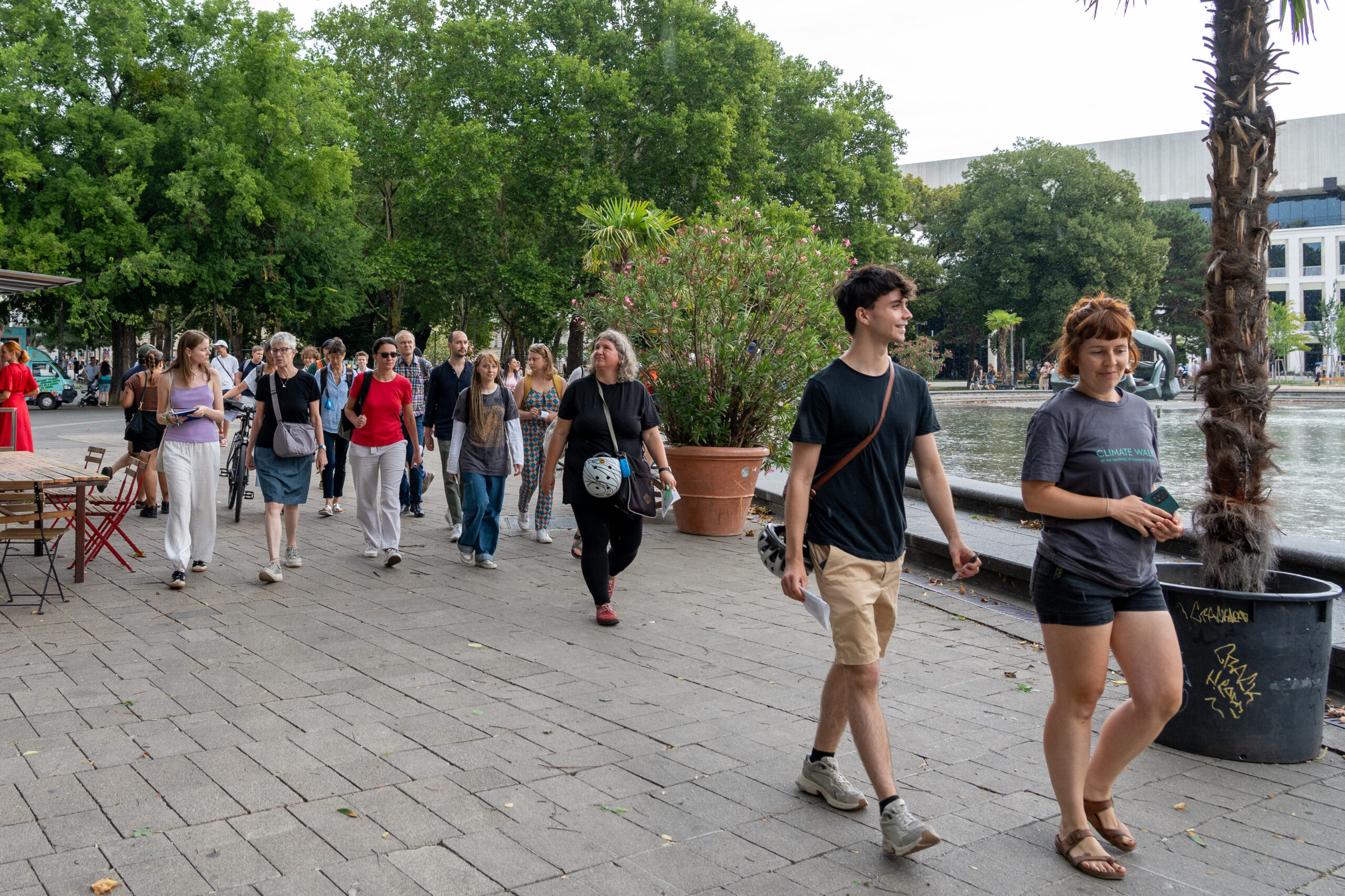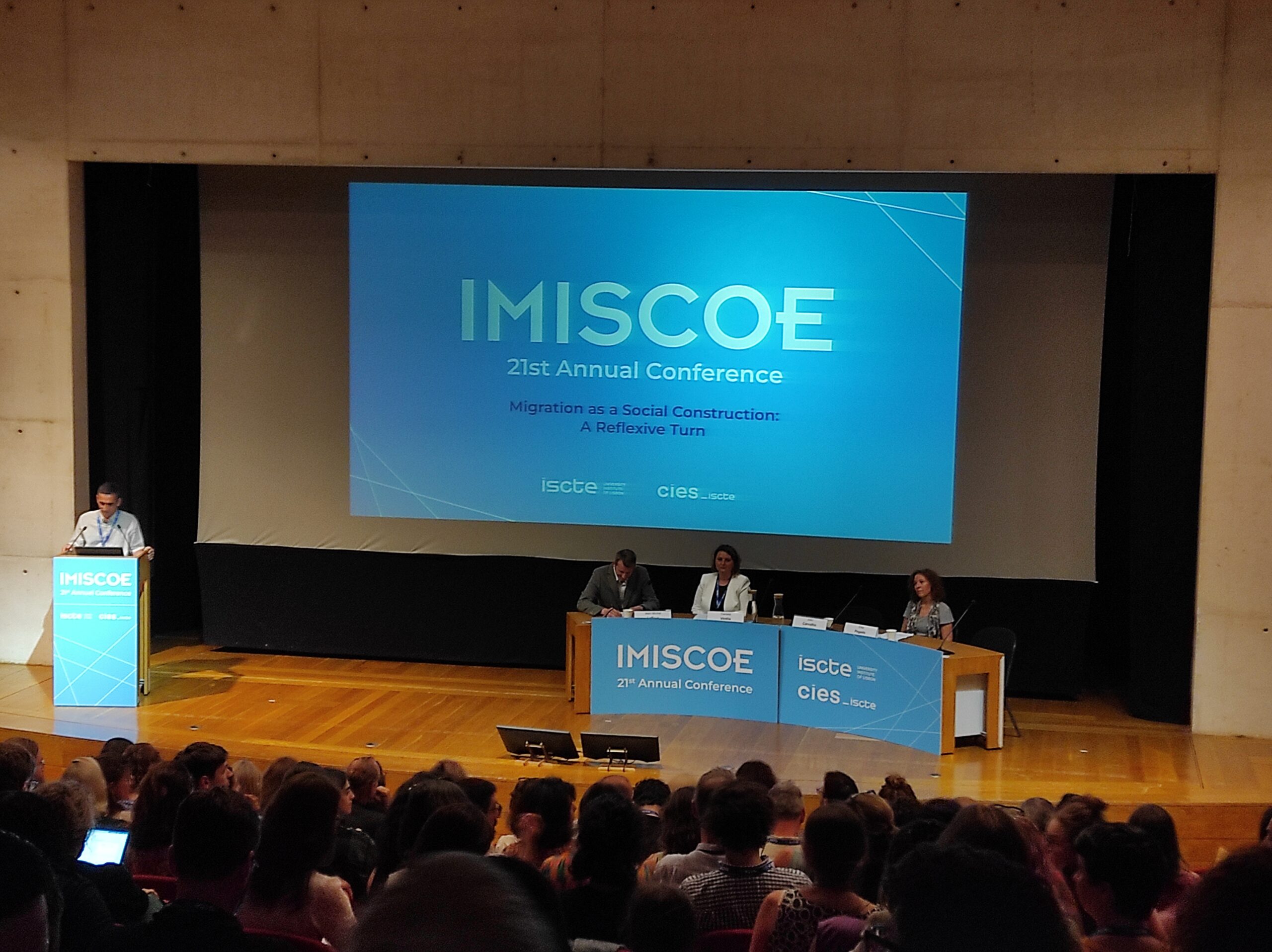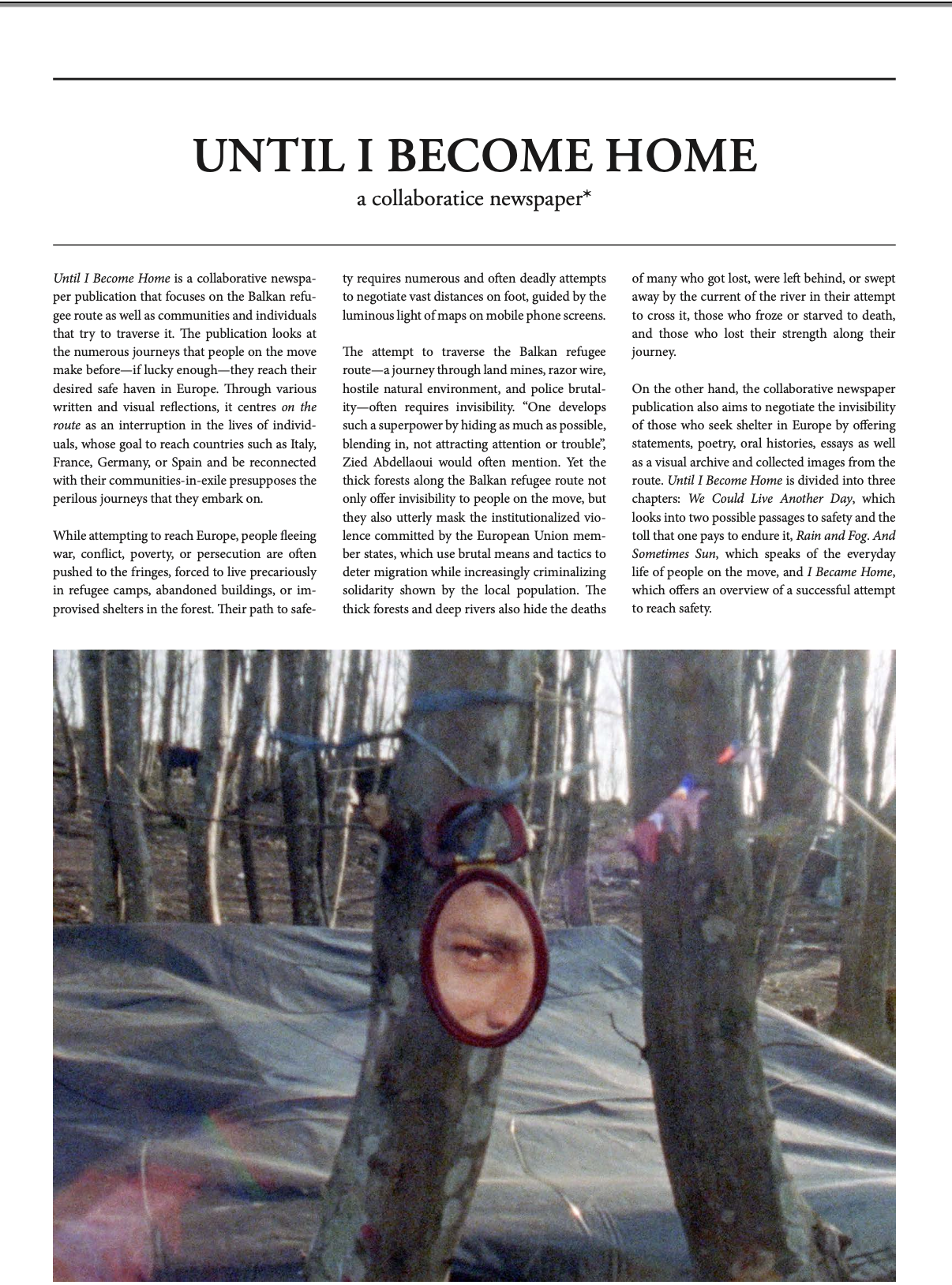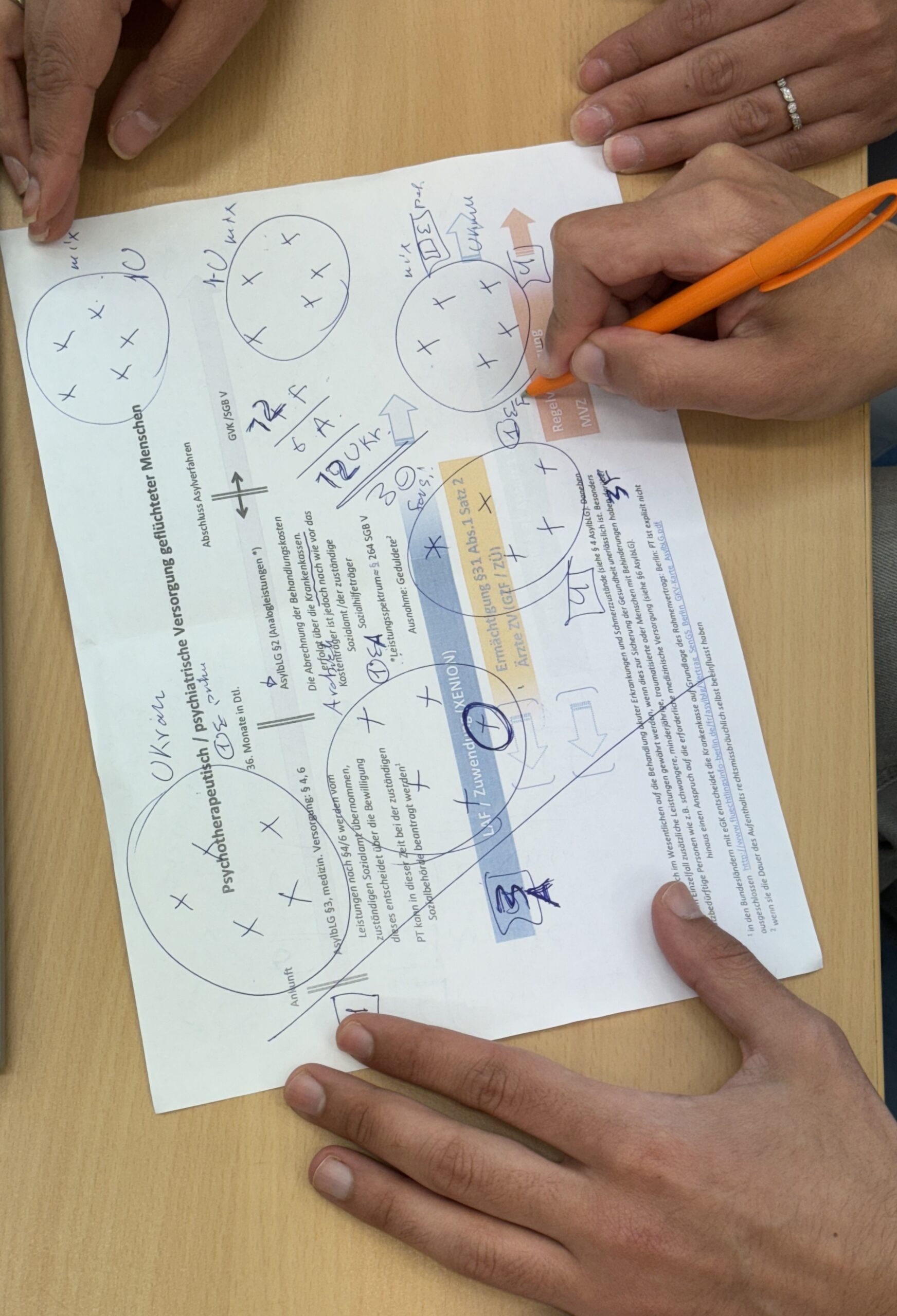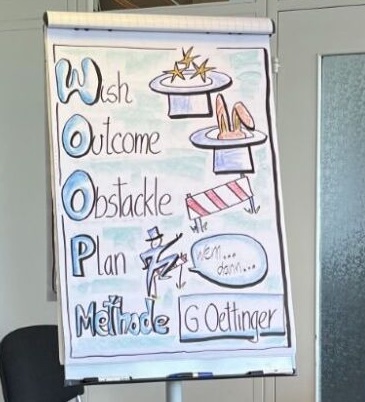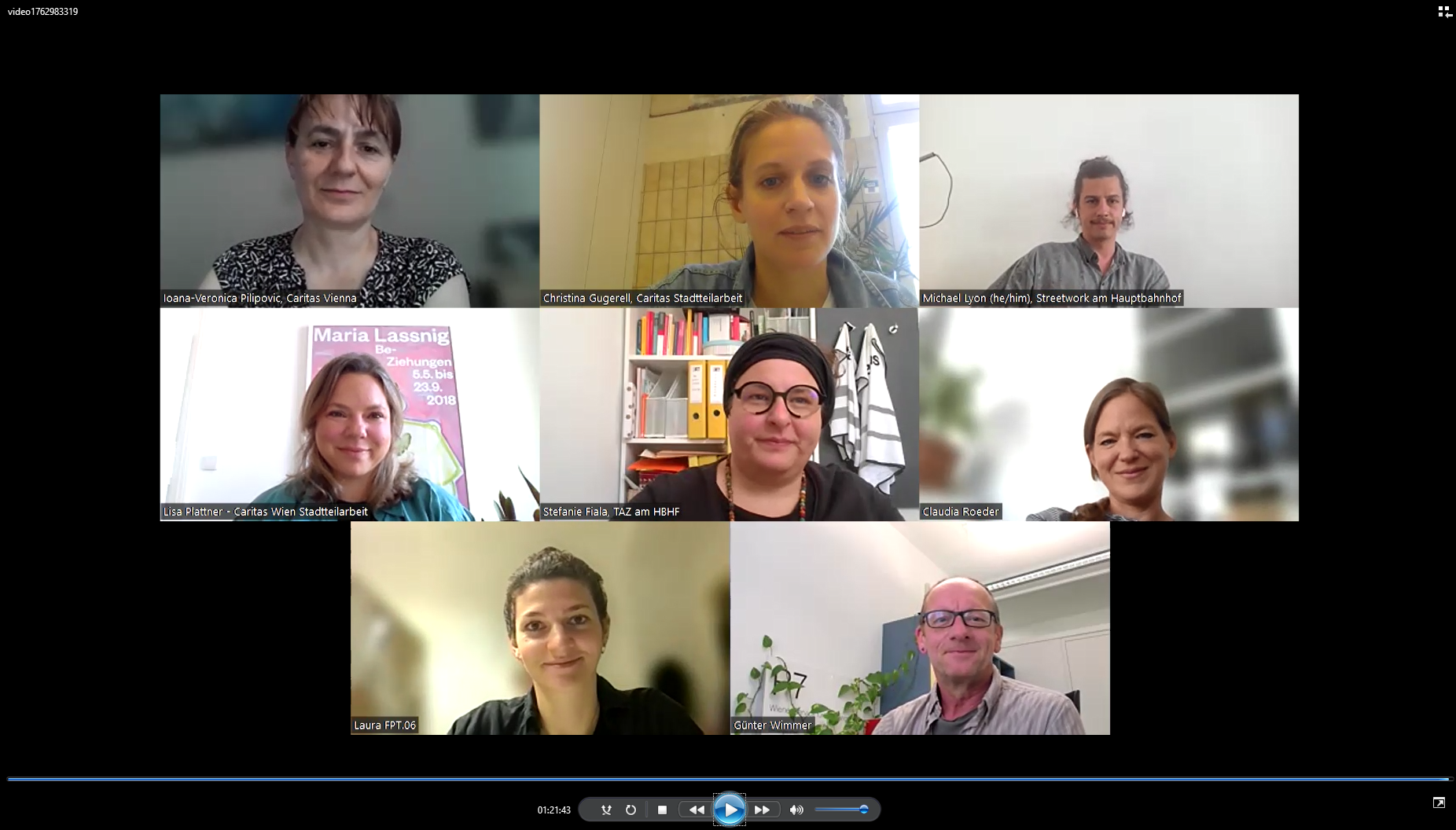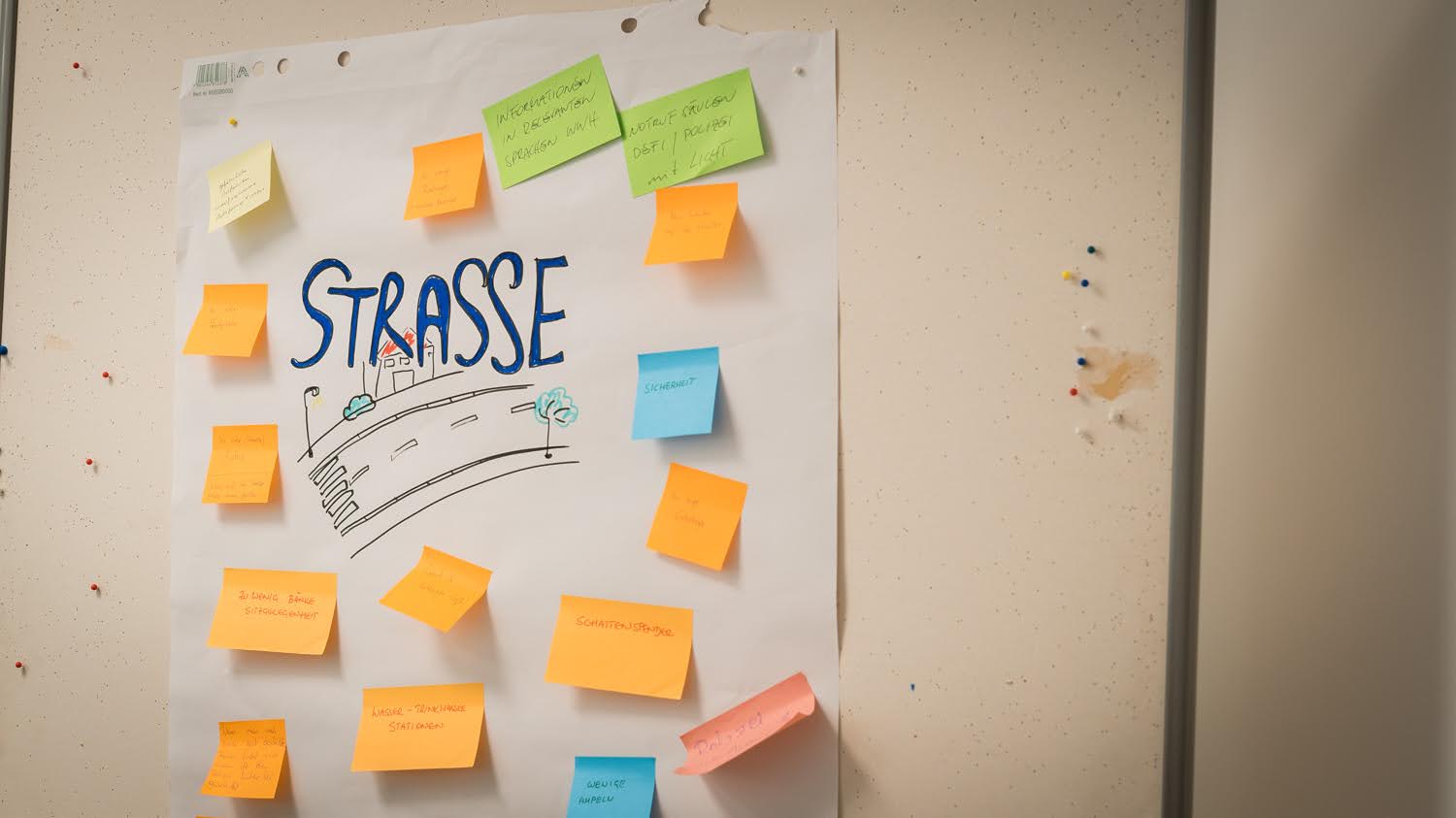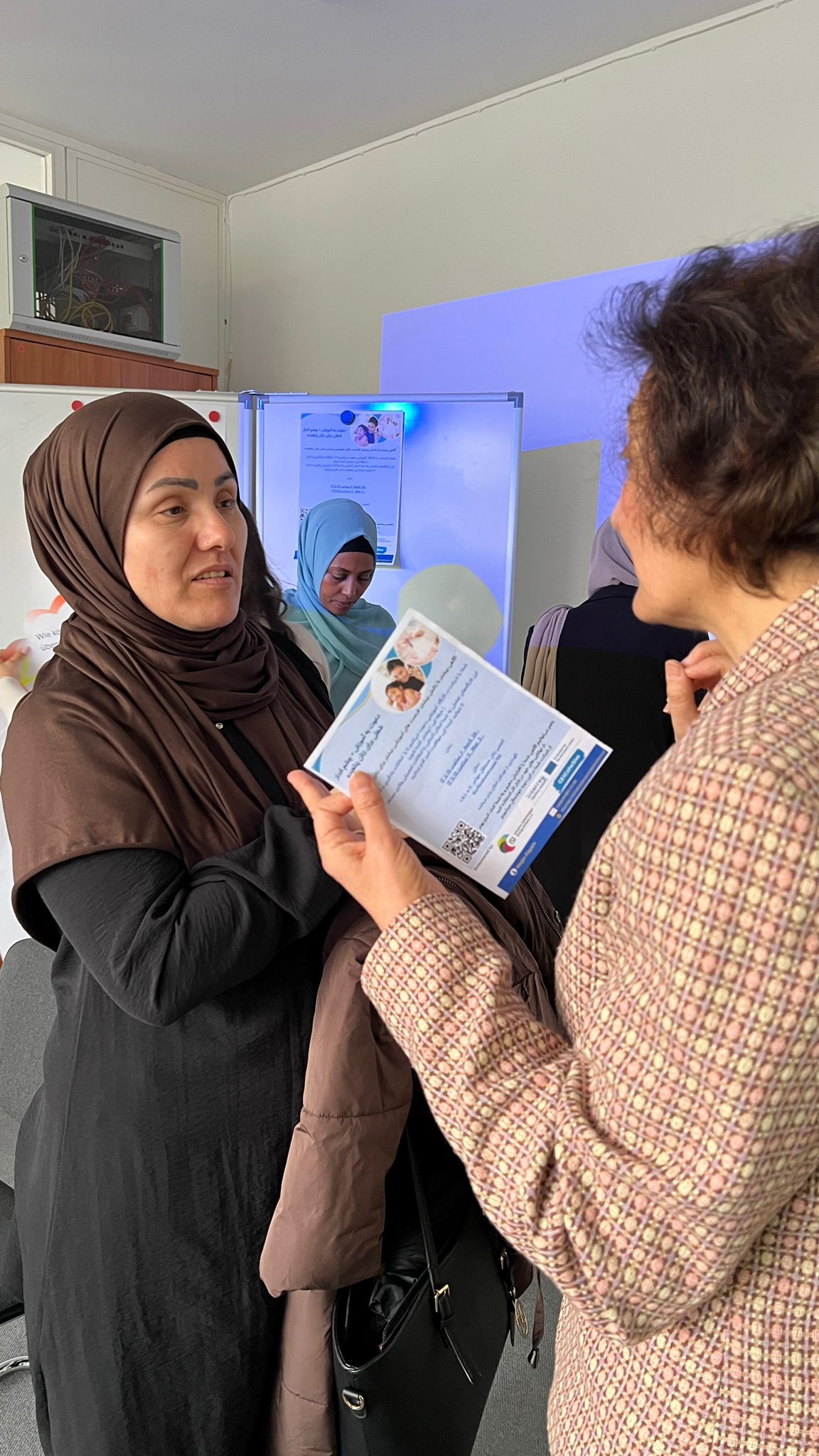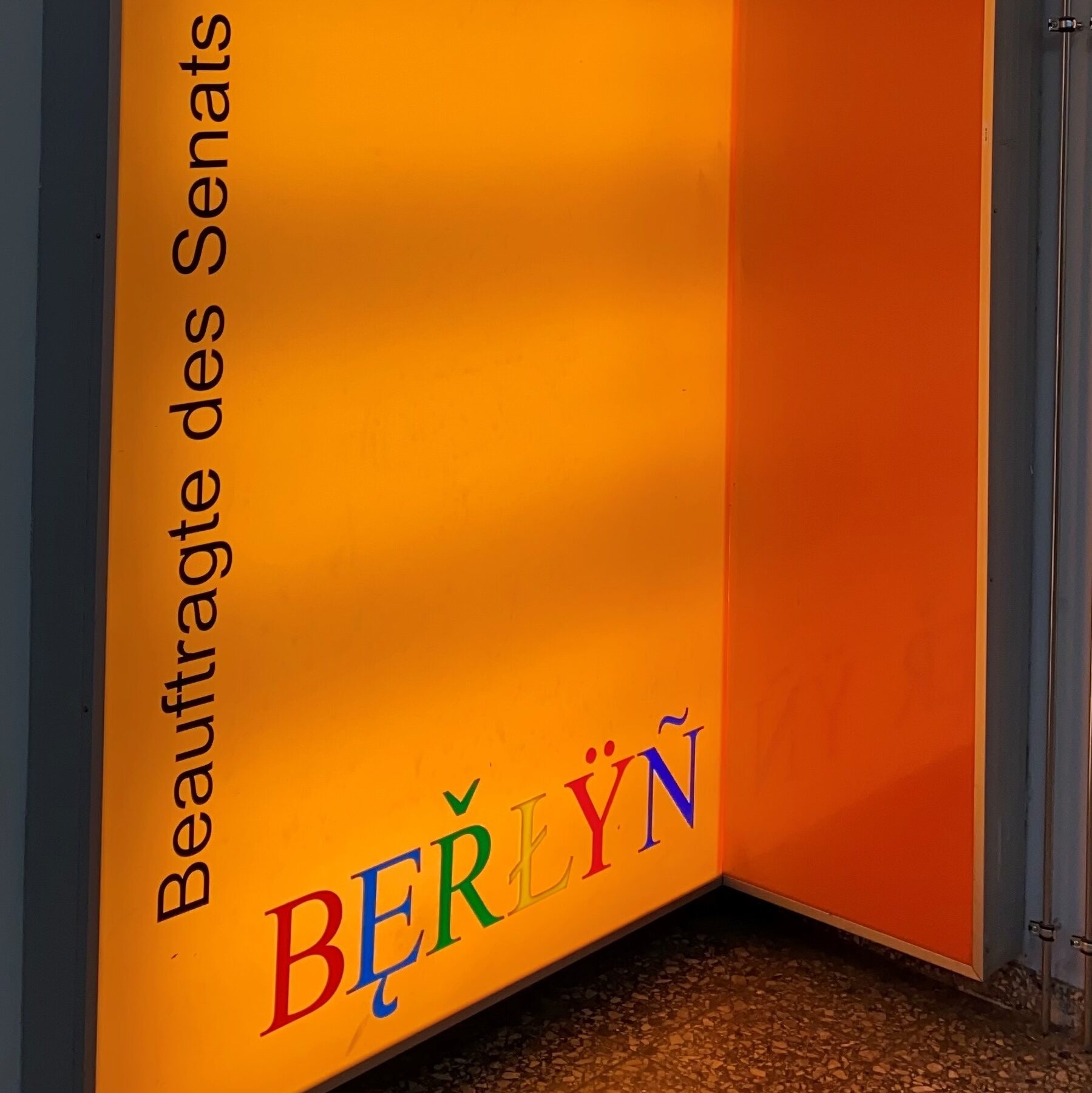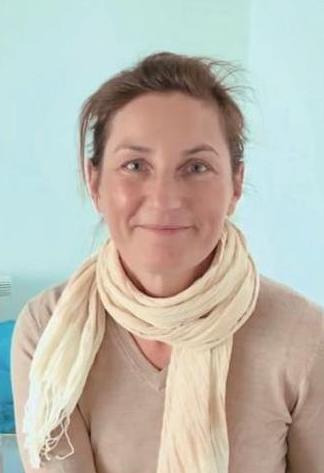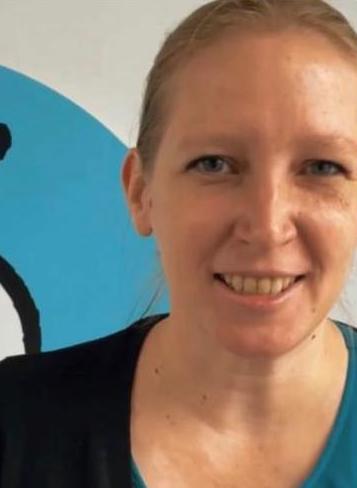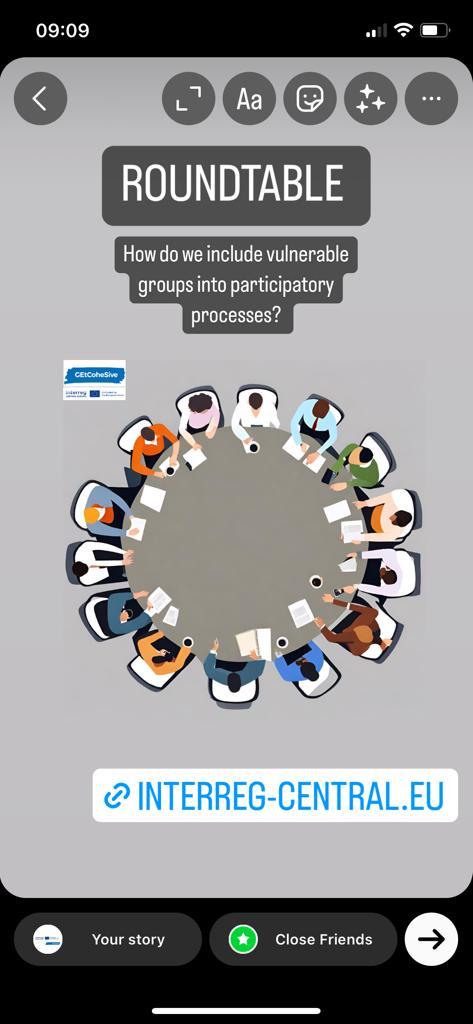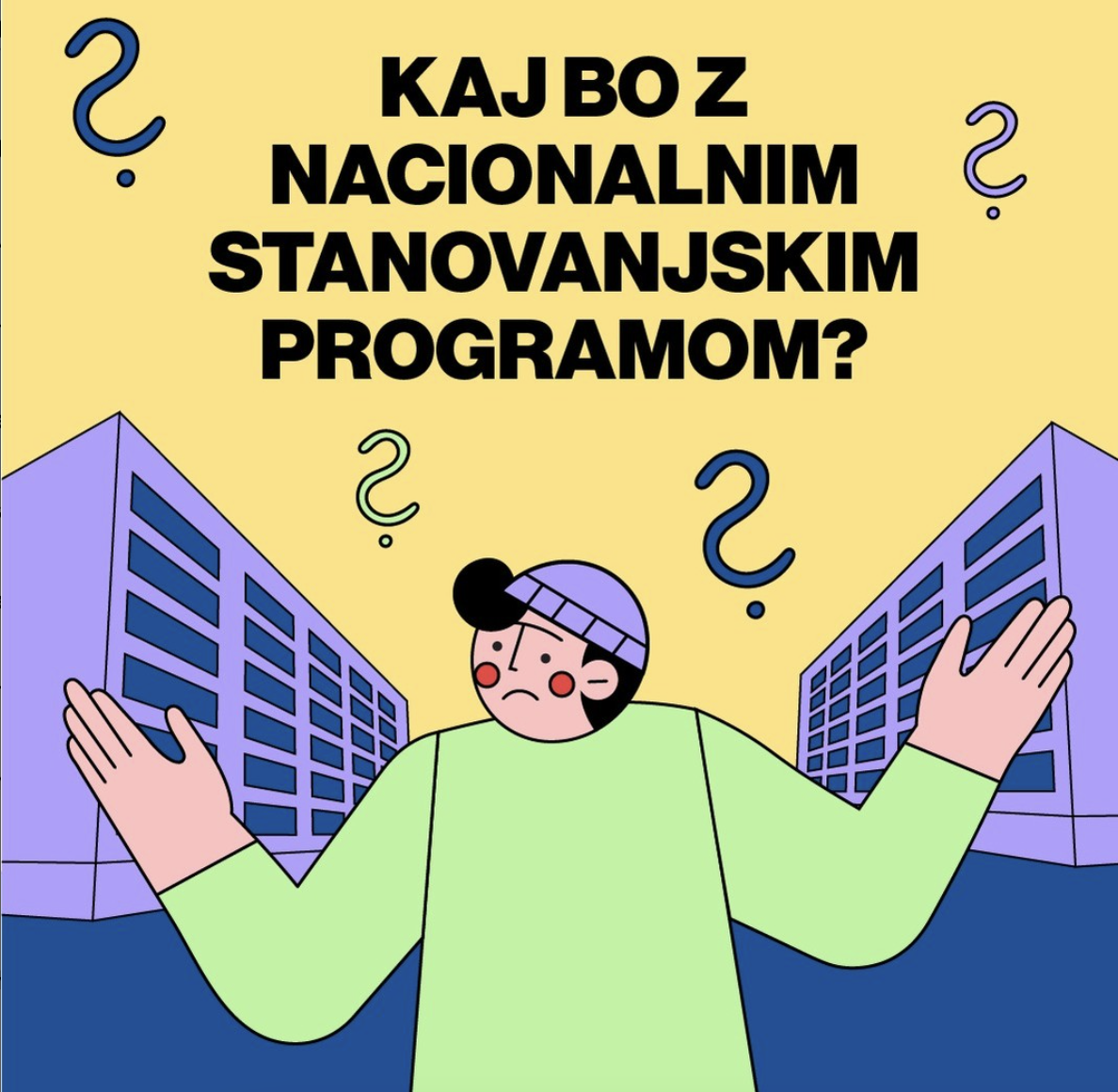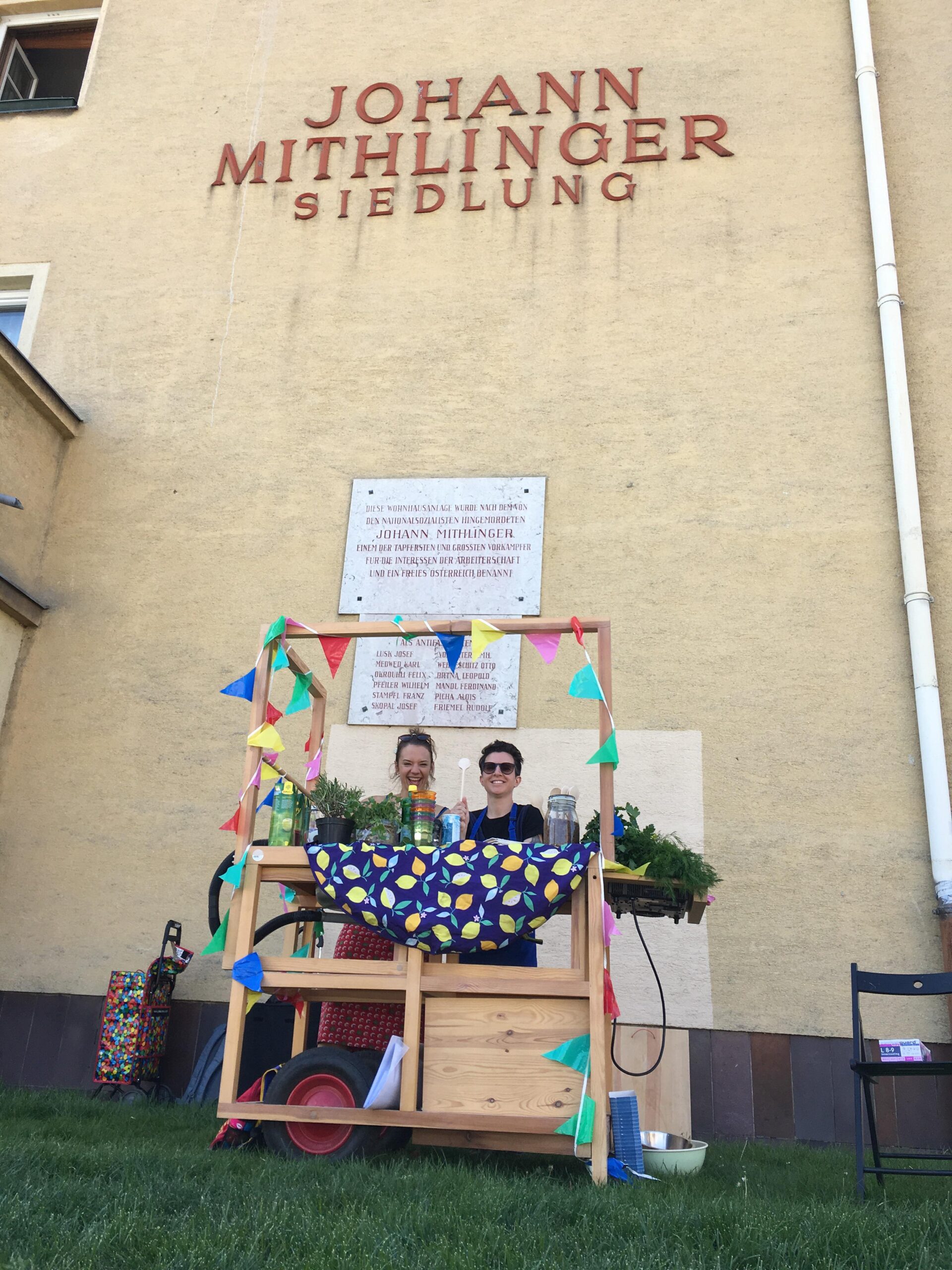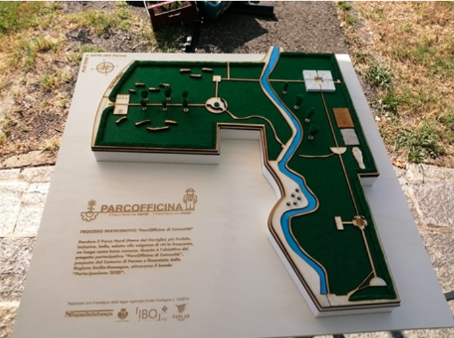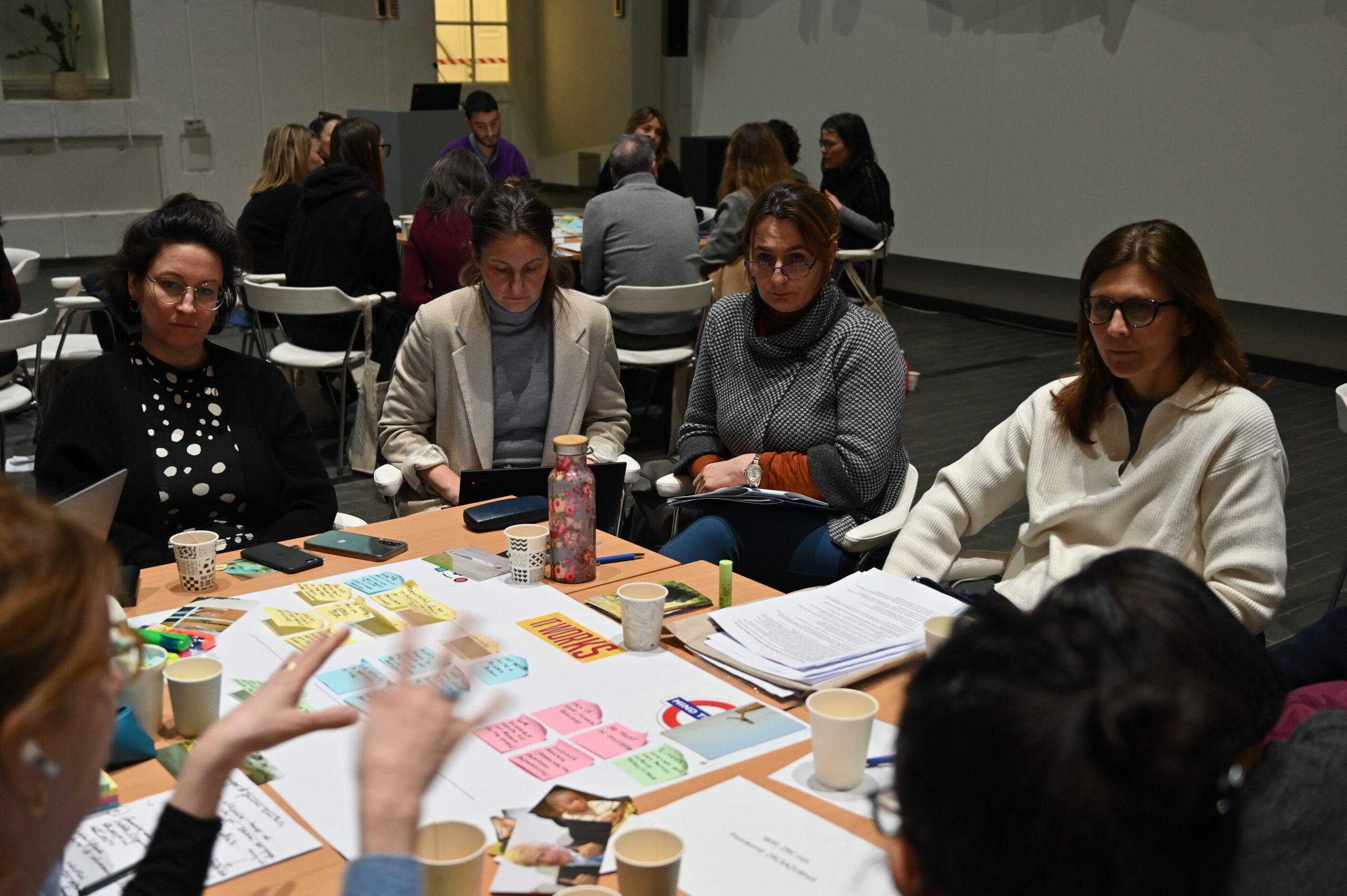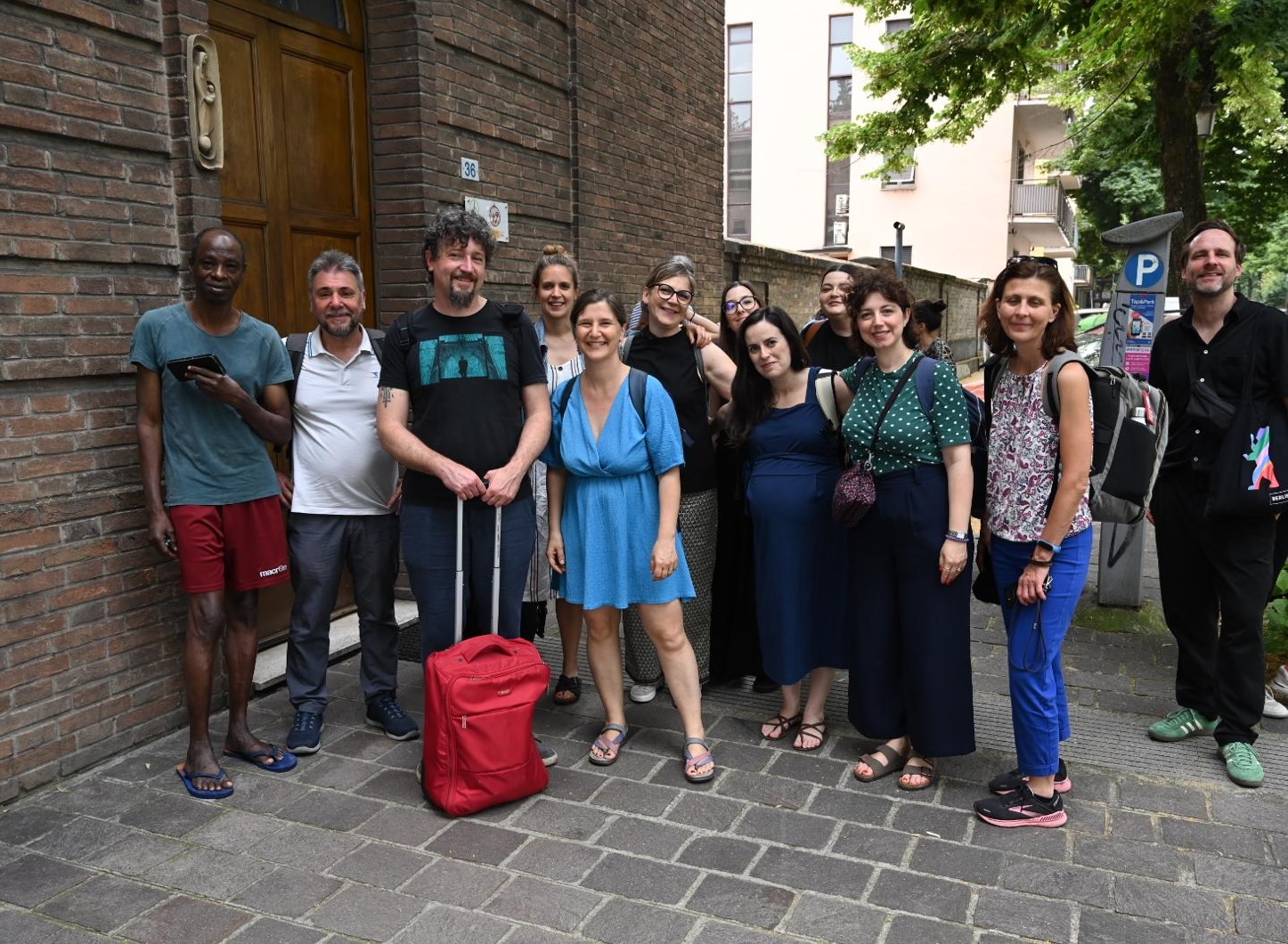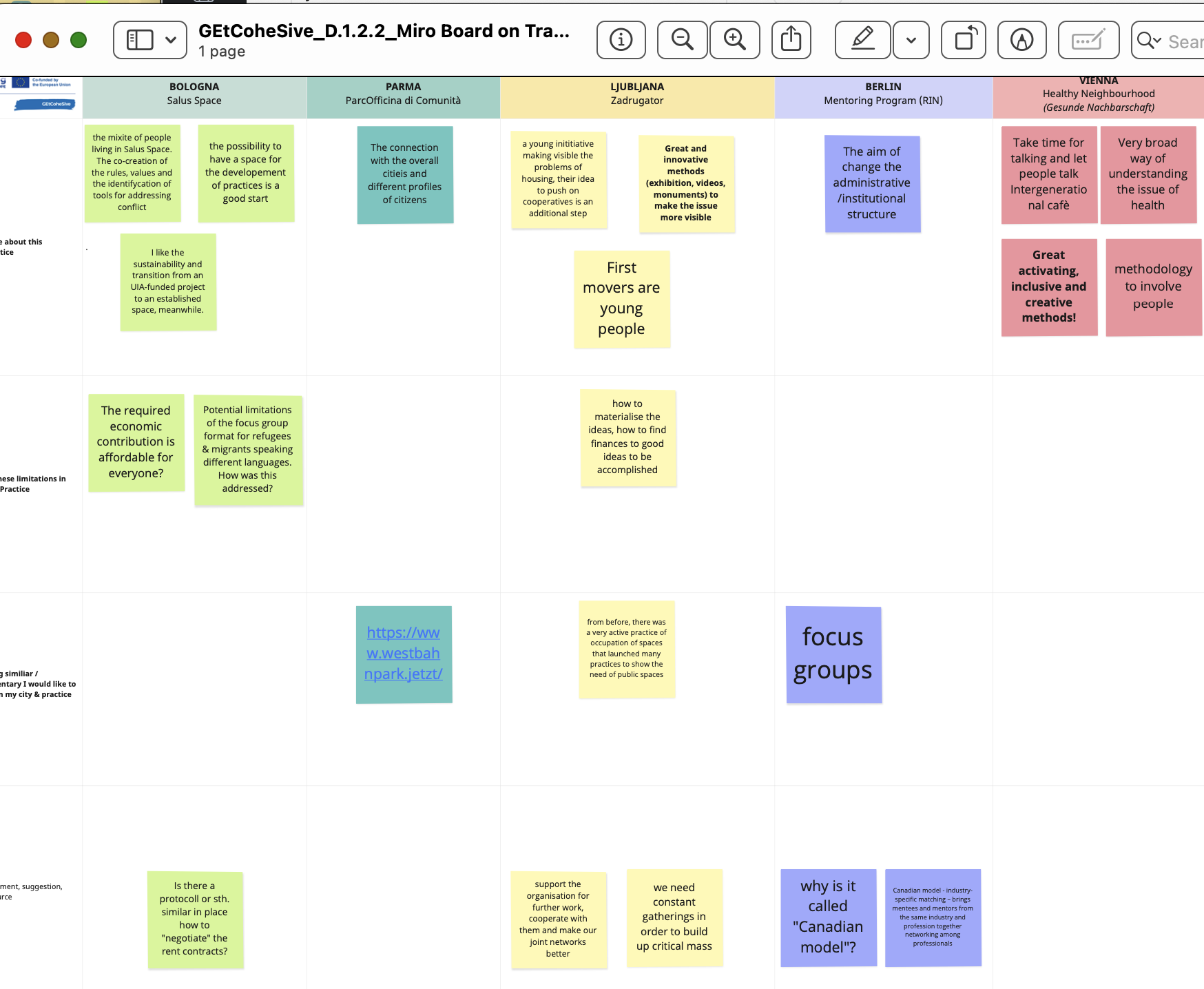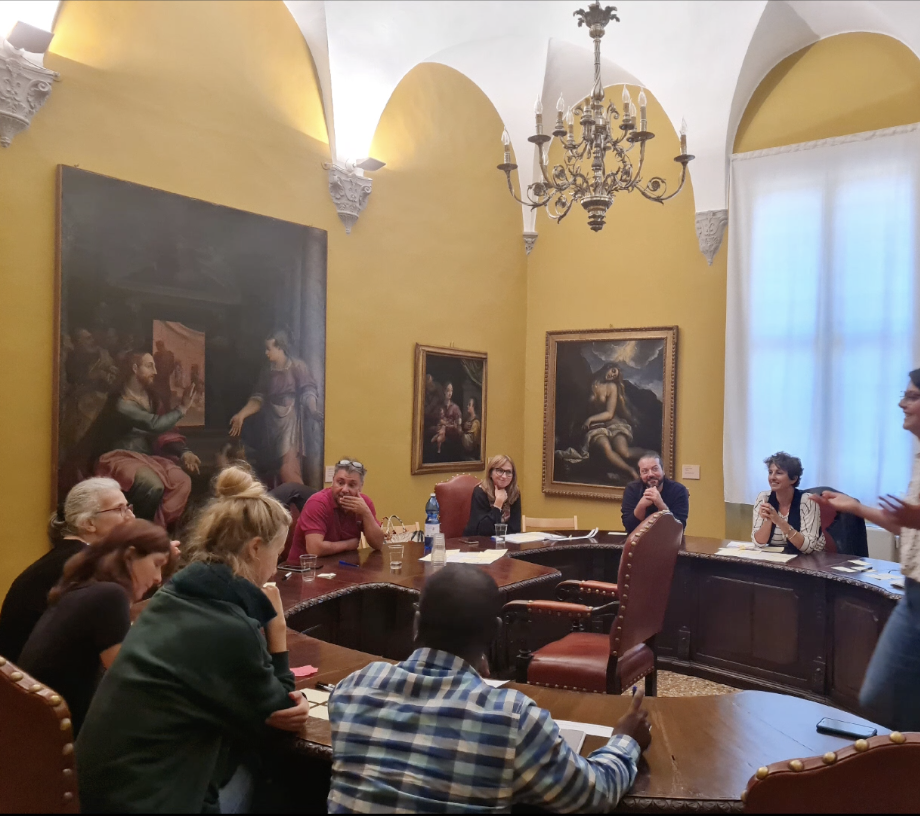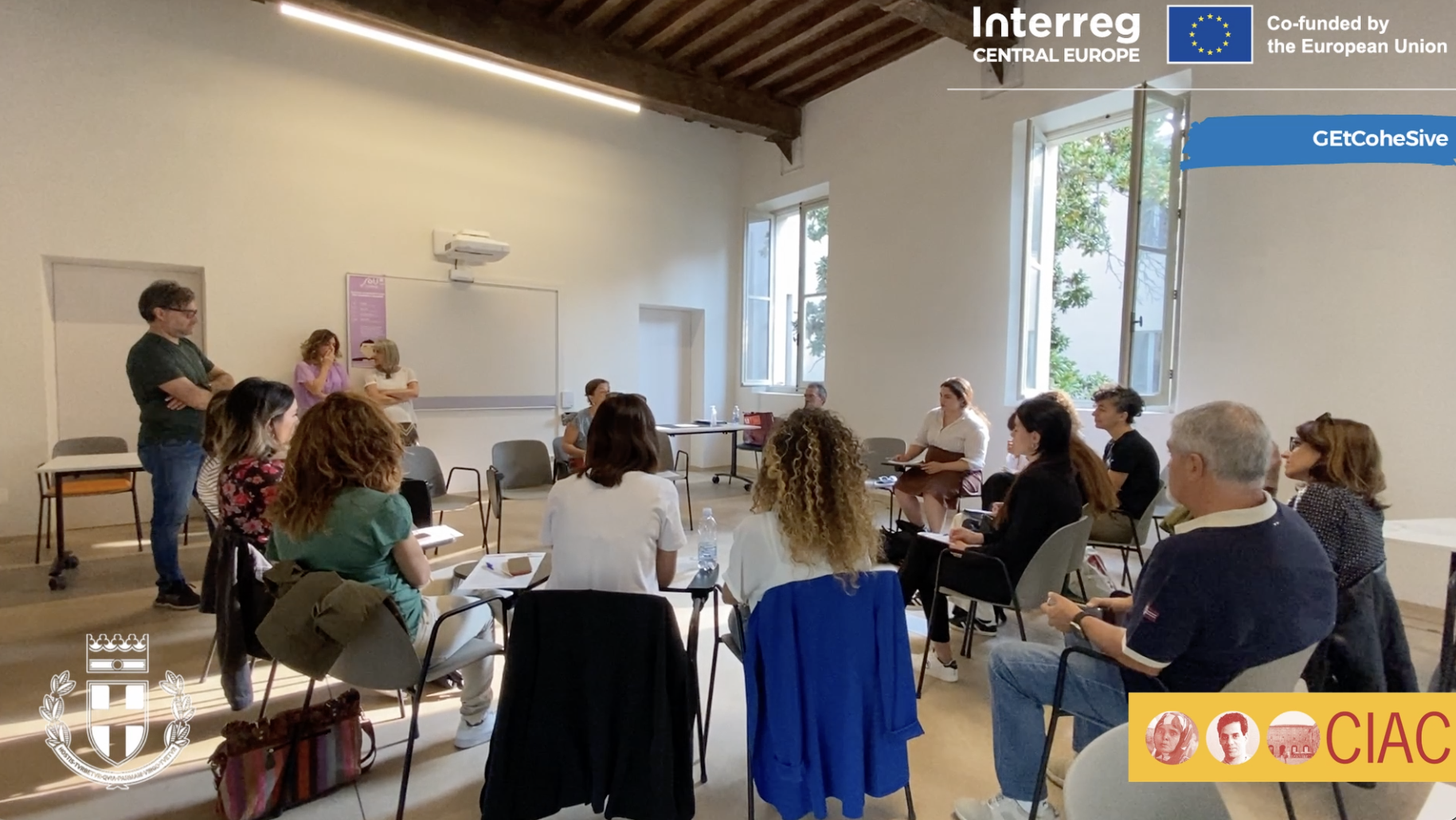Project overview
Governance Enhancement for Cohesive Societies
Citizens across central Europe increasingly want to get more involved in local and regional policy-making. The GEtCoheSive project develops and tests inclusive governance practices to improve public authorities’ capacities to engage with citizens from vulnerable backgrounds, especially in view of environmental policies and access to care services. The partnership develops a transnational strategy and local action plans for four cities to make their societies more cohesive.
-
2,63m €
-
Project Budget
-
80%
-
of the Budget is funded by ERDF
-
4
-
Countries
-
7
-
Regions
-
12
-
Partners
-
4
-
Pilots
Duration
Start date
End date
Project progress
About the project
Project partnership
Project partners

Lead partner
Ca' Foscari University of Venice
Department of Philosophy and Cultural Heritage
Project partner
Slovenian Migration Institute
1000 LJUBLJANA
Social Sector
Fakultät I, Arbeitslehre, Technik und Partizipation
Stadtteilarbeit / Gemeinwesenarbeit
Research Platform “The Challenge of Urban Futures”
20124 Milano
Cohesion Area and European Project Unit
Roadmap
Social Inequality is a Challenge
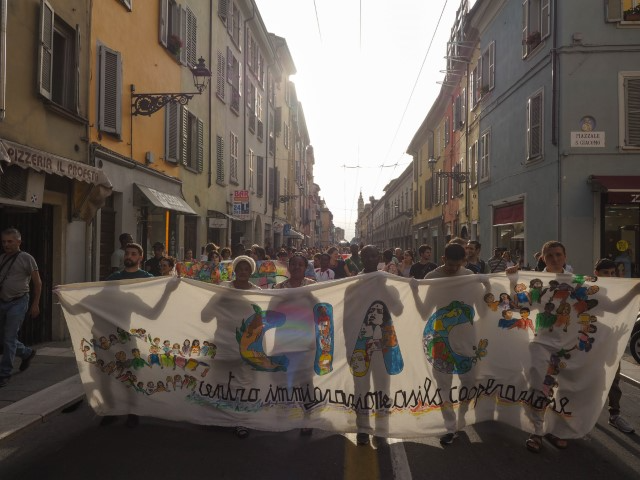
Inequality is both a socio-economic and a political risk for democratic societies: Not all people have the same possibilities to participate in political decisions and the many ways we shape our future. So how do we include particularly vulnerable groups into participatory processes?
Specific Problem
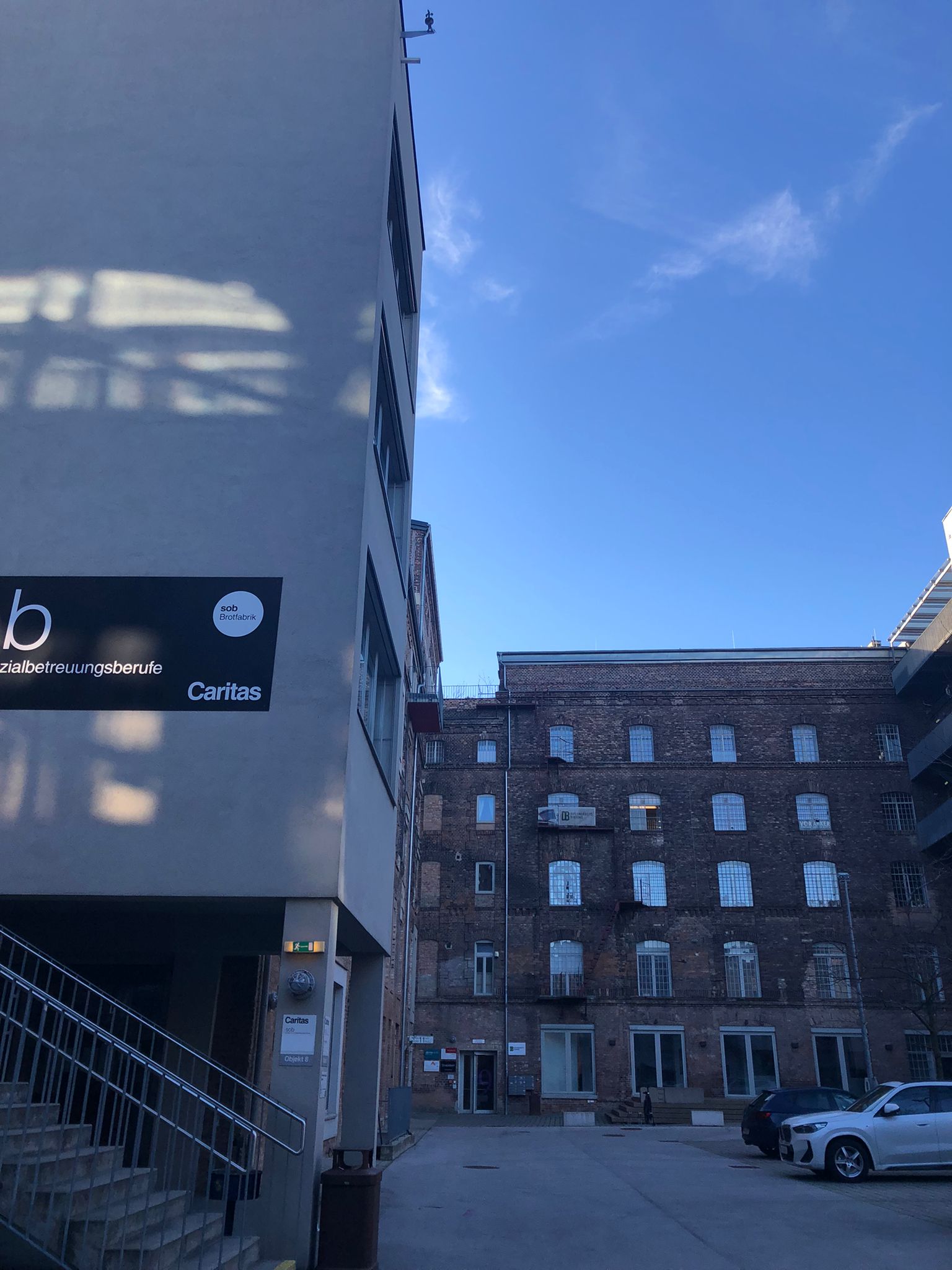
Unemployment or poor work, poverty and material deprivation act as barriers for a full participation in society. Vulnerable groups – people with migrant backgrounds, elderly, disabled persons and people with low income or poor health – are hard to include into participatory governance processes.
Our idea
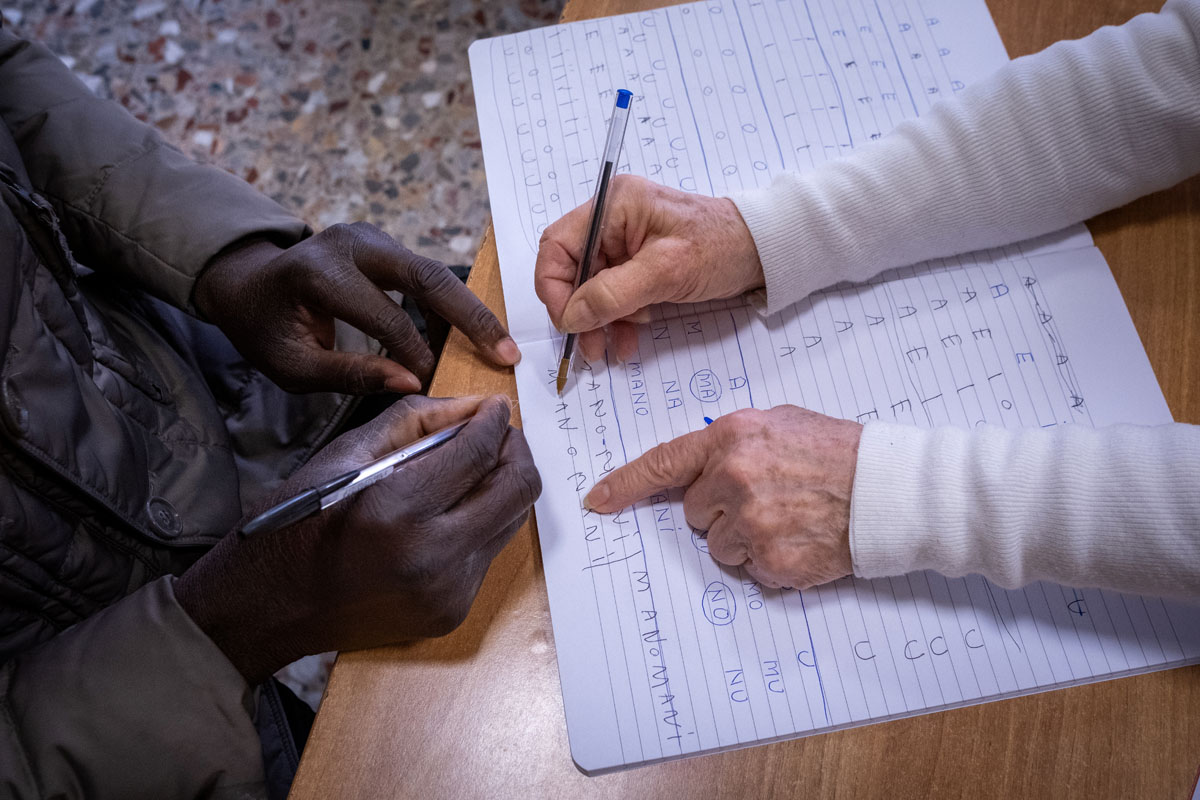
What if we strengthen participatory governance? What if we bring together stakeholders from administrations, citizens, NGOs, and collaborate on improving existing participatory tools? What if we make participation work for vulnerable, marginalised people, for those who are usually excluded?
Our solution
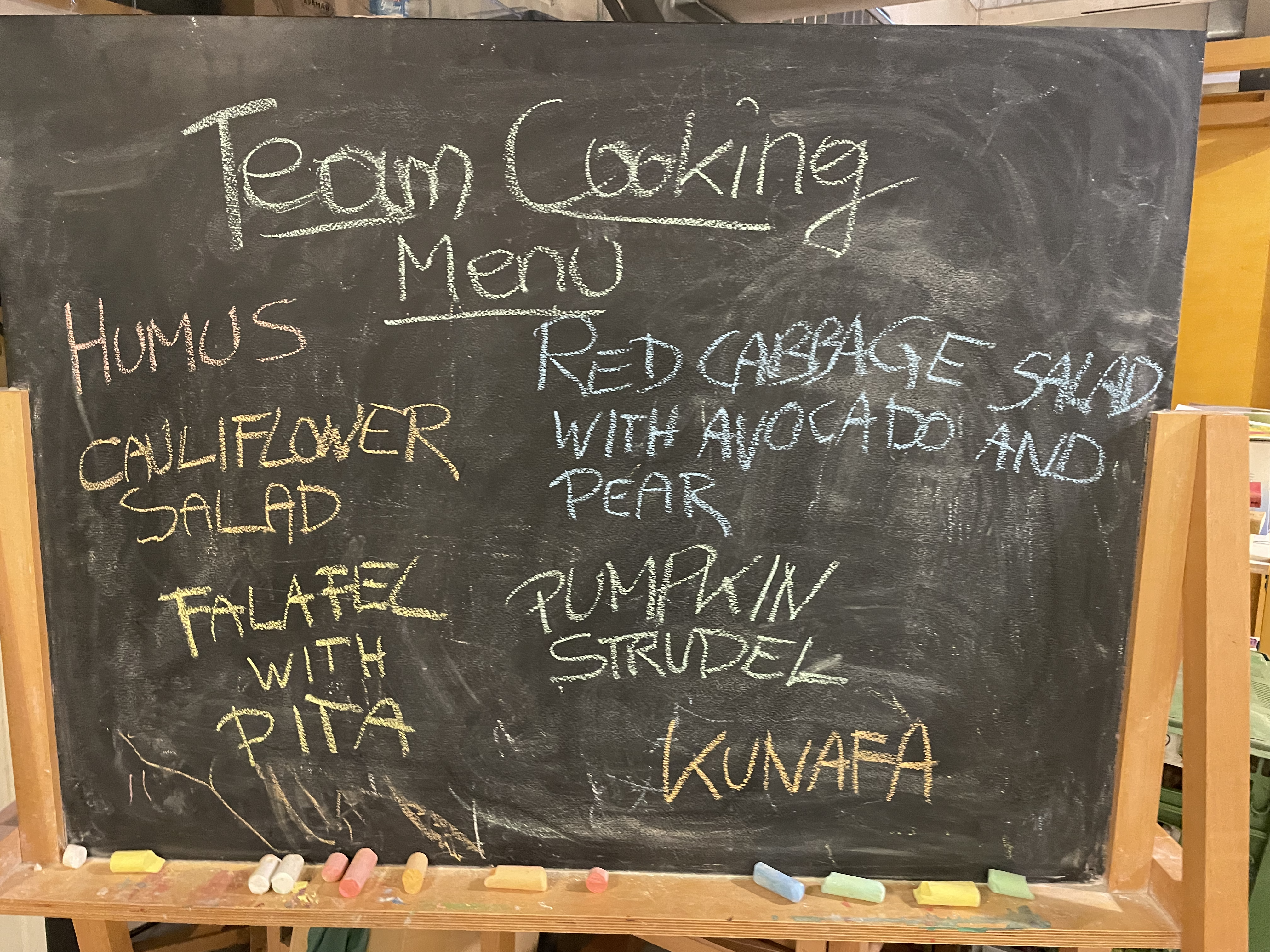
We enhance participatory governance: we broaden the possibilities to engage and empower vulnerable citizens by developing new best practices of participatory governance processes.
How it works
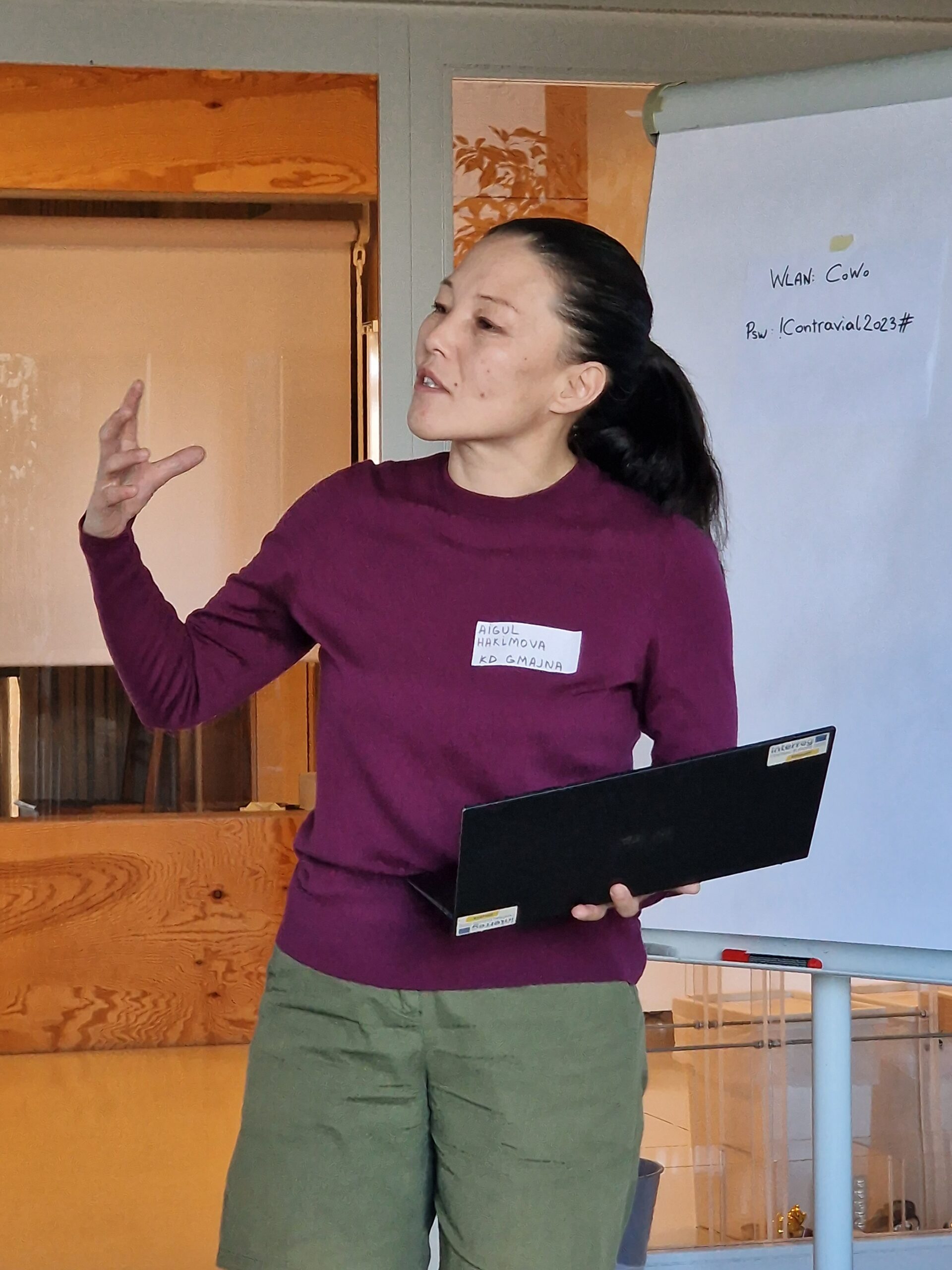
Starting with an Inventory of Good Practices from five cities and a mapping of strengths and weaknesses of the territorial governance in access to care services and environmental policies, we apply both participatory processes and deliberative practices to relevant new social risks.
Proof/Credibility
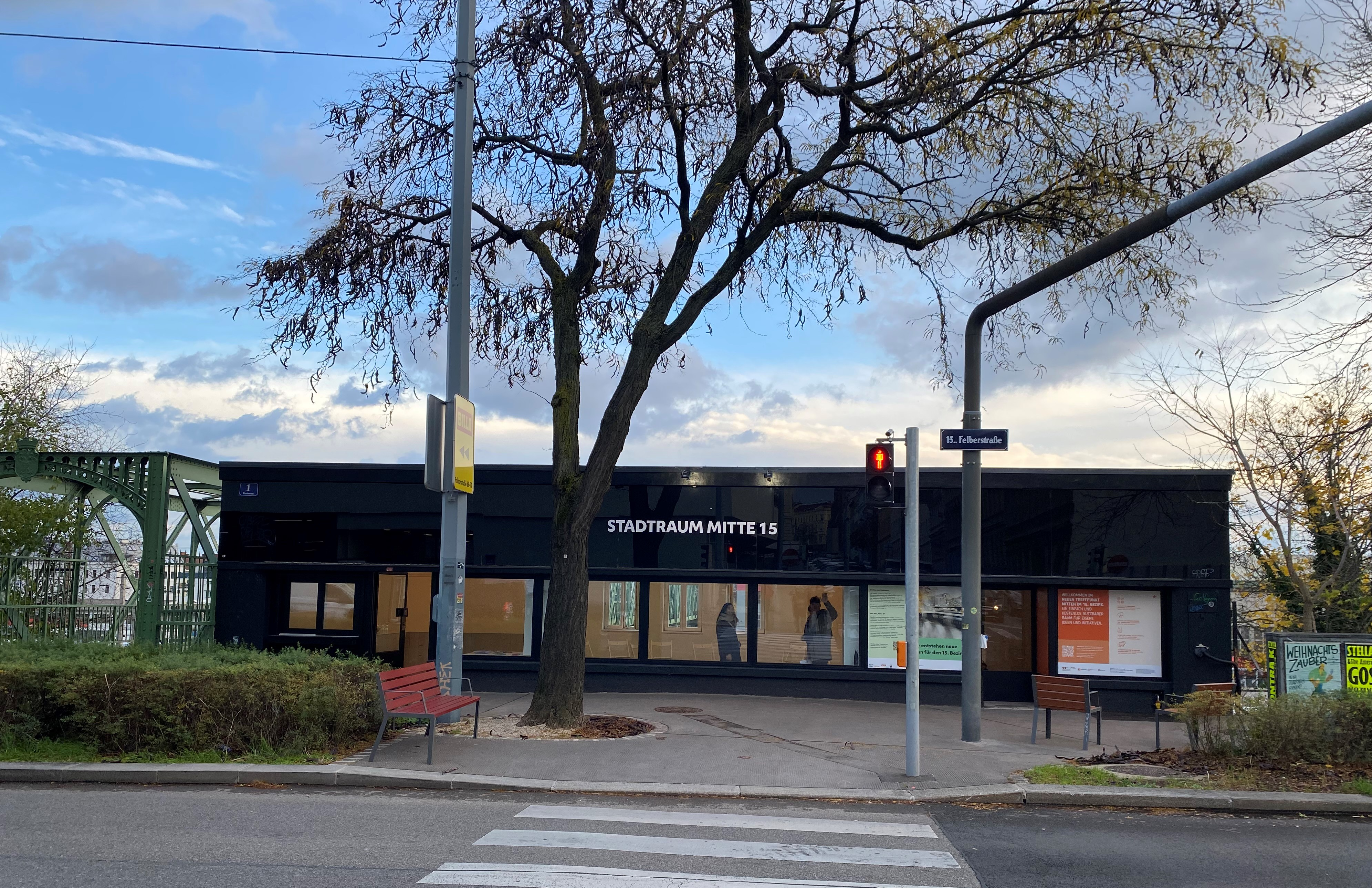
The results of GEtCoheSive improve the quality of policies and make societies more equal and cohesive. Innovation lies in testing participatory and deliberative strategies primarily on vulnerable groups and in relation to crucial policy fields selected: access to care services and environmental policies. Outputs are: 4 pilots for testing participatory practices of governance and 4 related solutions. 2 transnational strategy and action plans. Beneficiaries are public authorities, gaining more skills and trust from citizens, and citizens who raise awareness on policy making and skills for being protagonists.
Vision

A Europe that feels alive, because everyone can participate.
News
Events
Pilot actions
Outputs

Co-Development and piloting of participatory and deliberative processes to engage vulnerable groups
The project implemented 4 transnational pilot actions in 12 local contexts; using four methodological approaches: Top-Down Participatory, Bottom-Up Participatory, Top-Down Deliberative, and Bottom-Up Deliberative.
Top-Down Participatory: Pilots initiated by public authorities focused on including vulnerable groups in consultations and collaborative activities, aiming to shape local policies and services together with the target populations.
Bottom-Up Participatory: Pilots led by third-sector organizations encouraged vulnerable communities to actively contribute in identifying challenges, proposing solutions, and influencing decisions from the grassroots level.
Top-Down Deliberative: Pilots structured by public institutions promoted dialogue and consensus-building among citizens and vulnerable groups, supporting informed and transparent decision-making processes.
Bottom-Up Deliberative: Pilots emerging from community organizations fostered reflective discussions among vulnerable groups, enabling them to influence public authorities through self-organized deliberative processes.
The pilots engaged a wide range of vulnerable groups, including refugees and asylum seekers, migrants, women (particularly mothers), family units on the receiving end of income support measures, and homeless people. They promoted active civic participation and fostered inclusive policymaking.
Co-development and co-piloting were key principles throughout the project. Project partners, local authorities, NGOs, and community representatives collaborated closely during all phases:
Preparation Phase: Joint analysis of contexts, engagement of stakeholders and target groups, and shared planning of participatory and deliberative activities.
Implementation Phase: Organization of assemblies, focus groups, workshops, and interviews, fostering dialogue between vulnerable groups and institutions.
Follow-Up Phase: Joint evaluation of pilot outcomes, development of recommendations, and dissemination through public events, media, and advocacy actions.
In addition, regular project meetings throughout all phases served as important moments for cross-learning and exchange between partners. These meetings allowed continuous evaluation and reflection across the four methodological approaches, promoting mutual learning and strengthening the quality of pilot activities.
Through these combined efforts, the project demonstrated innovative ways to strengthen the civic engagement of vulnerable groups and enhance participatory governance practices at local and regional levels.
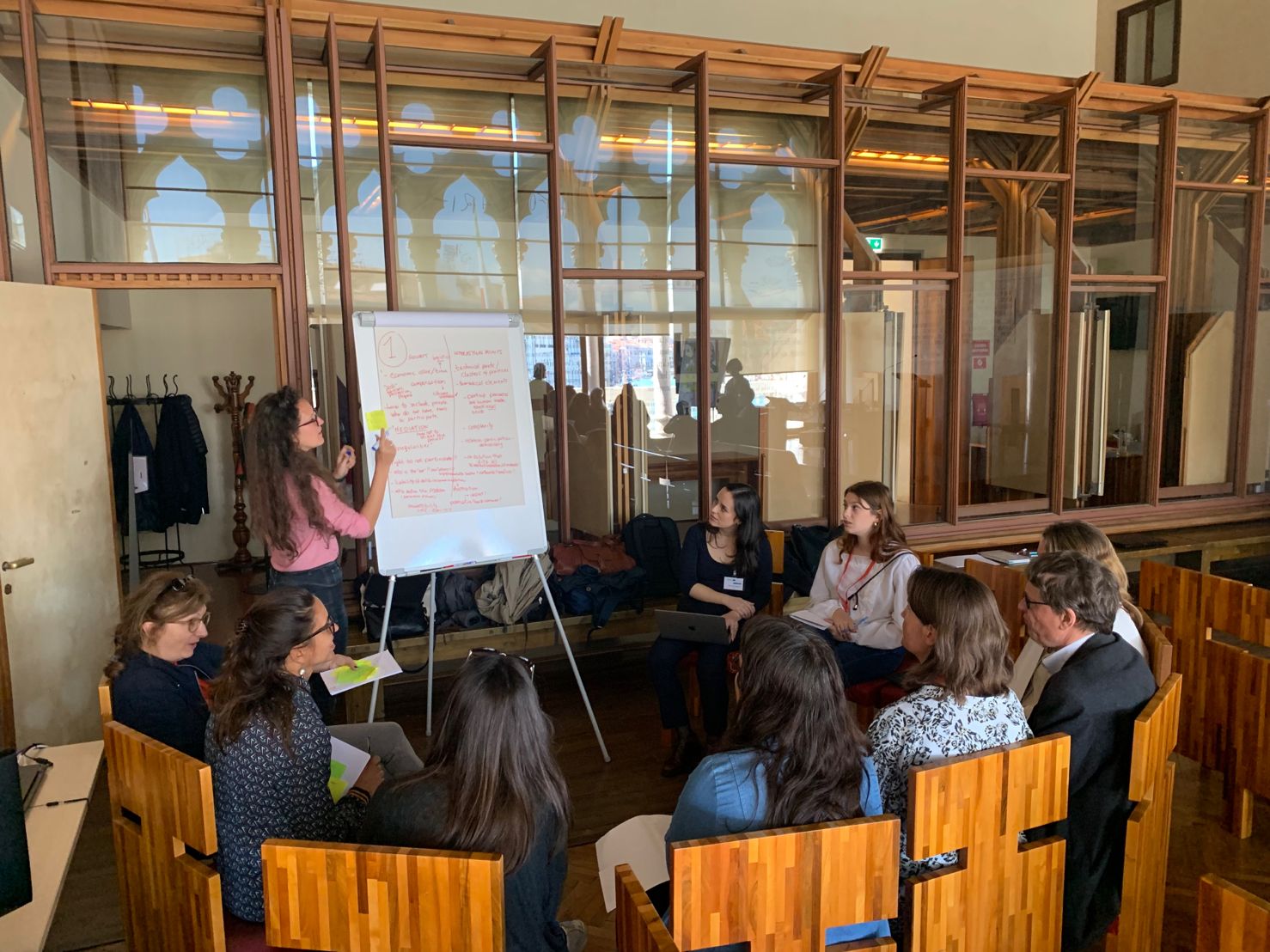
Partners' Cooperation at transnational level in the designing, evaluation and dissemination of pilot actions
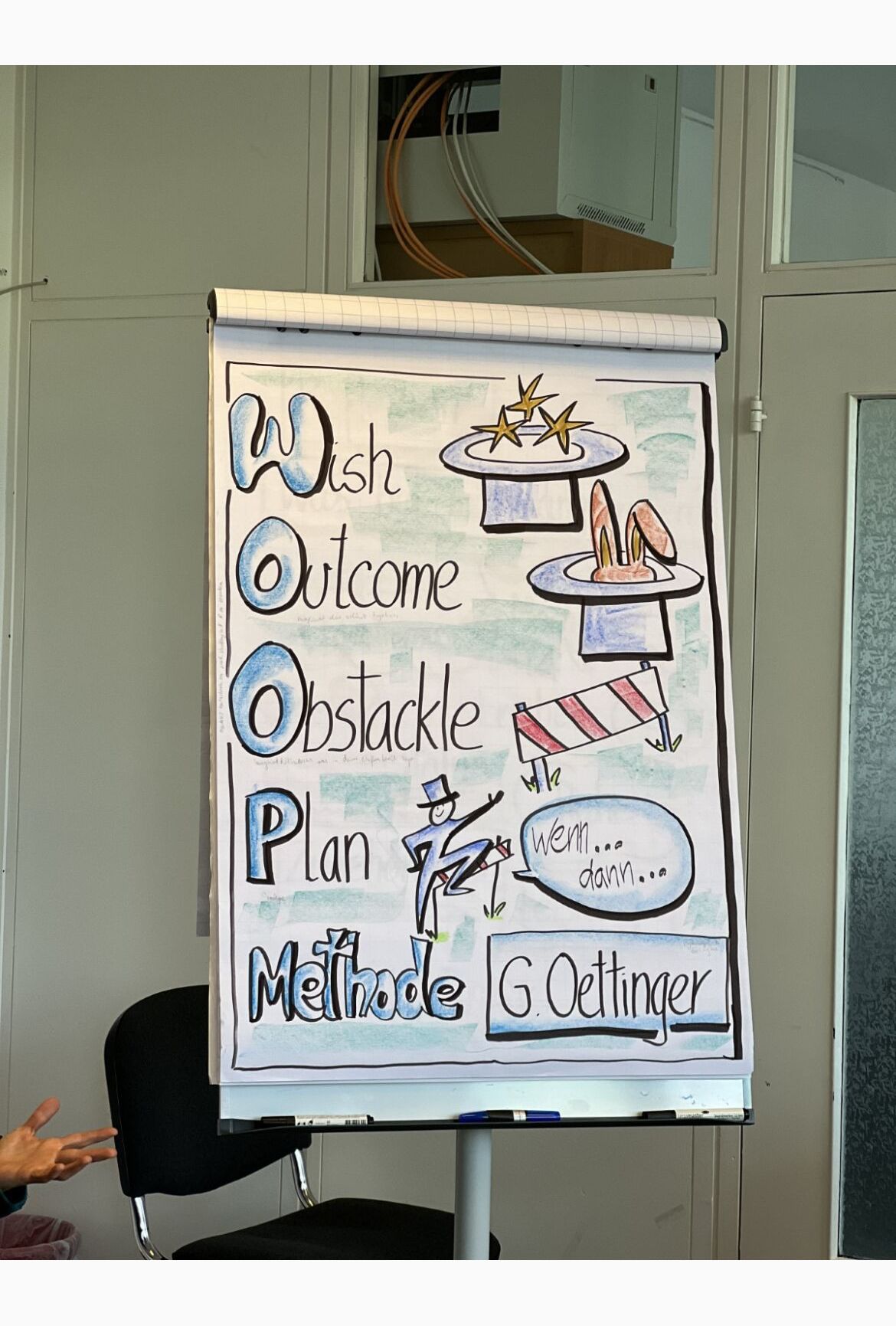
Practice-oriented tools for strenghthening civic engagement of vulnerable groups

Strategy and action plan for a participatory governance with vulnerable groups and third sector organisations
Project videos
GEtCoheSive
The project lead partner is responsible for the content of this project website.

